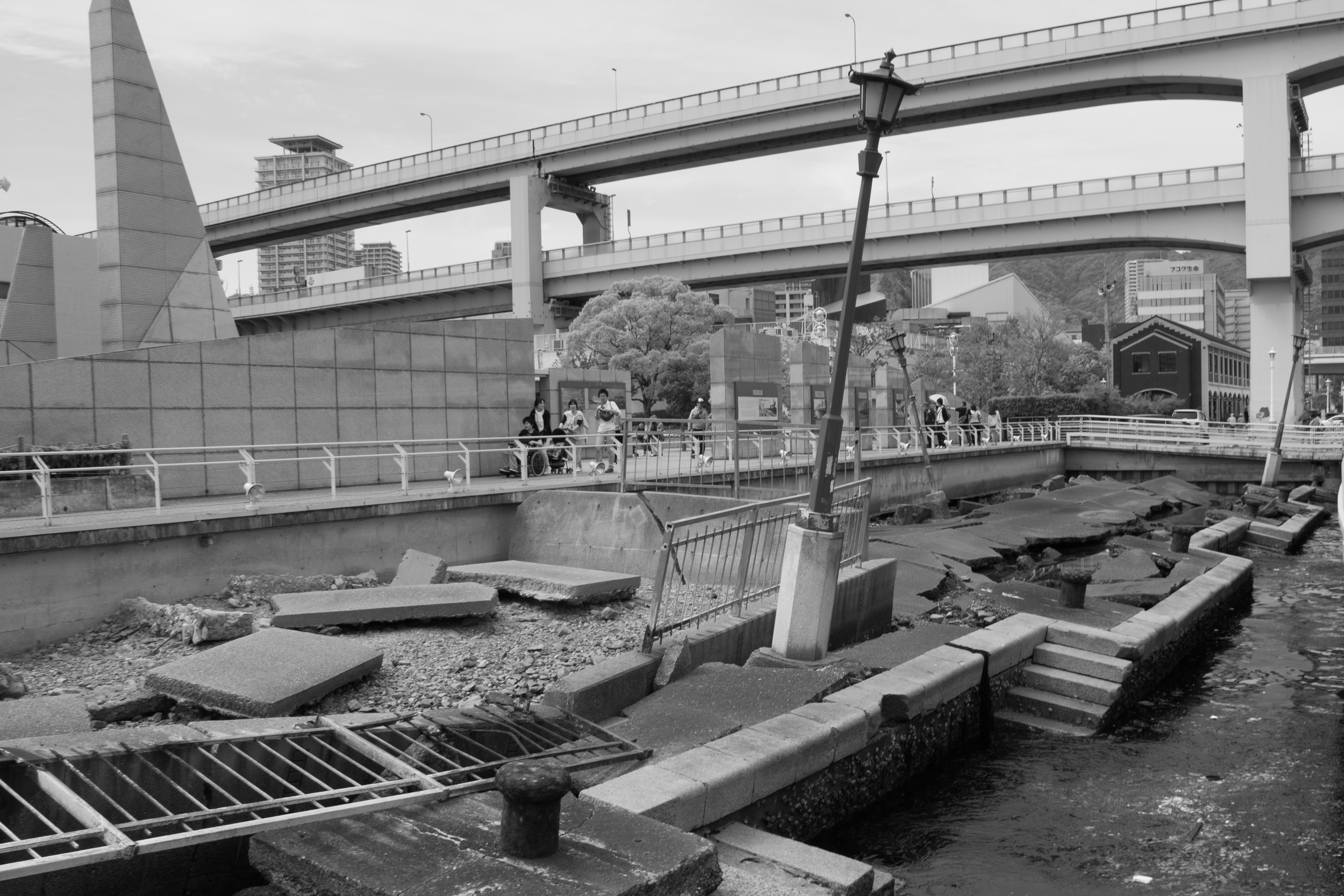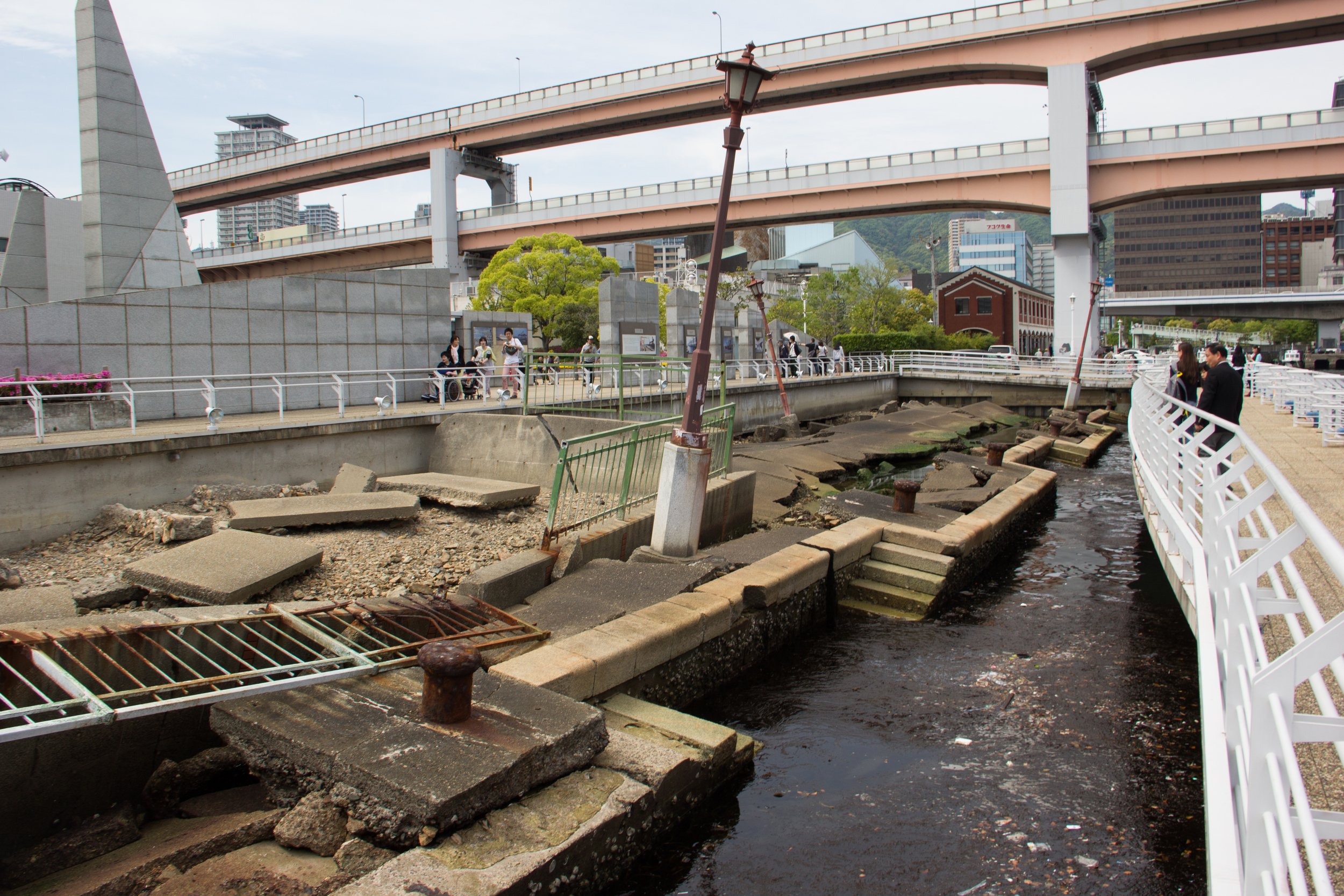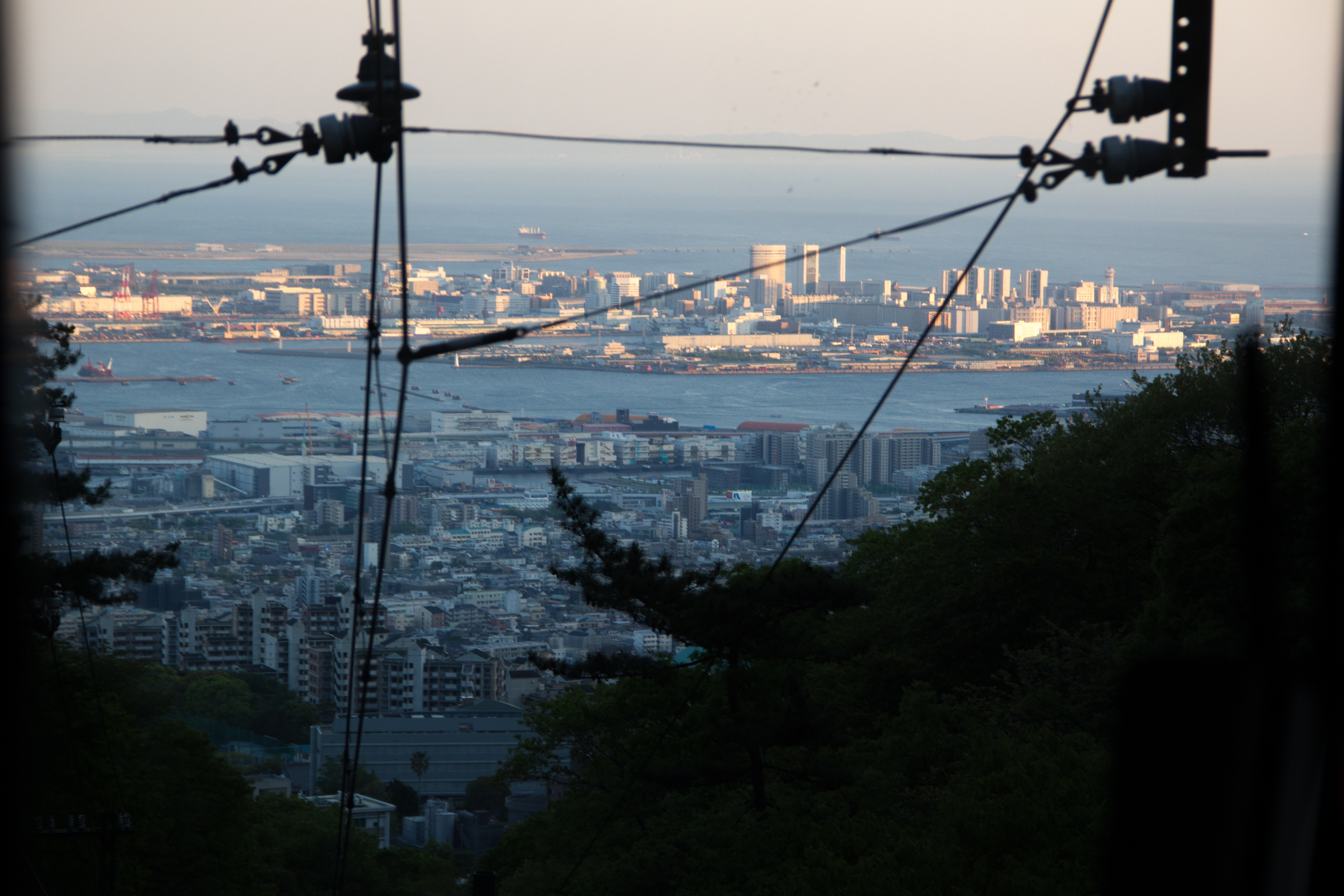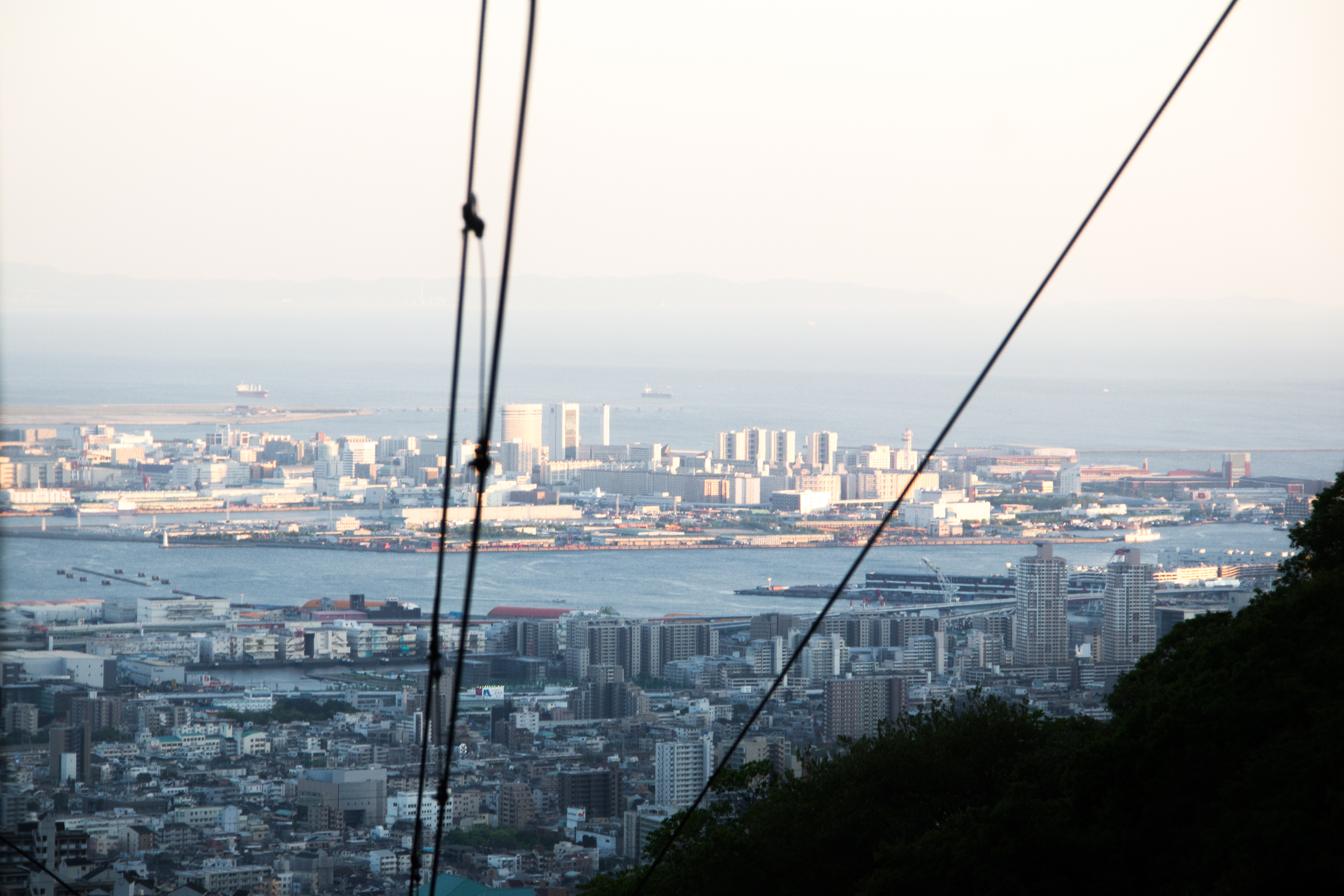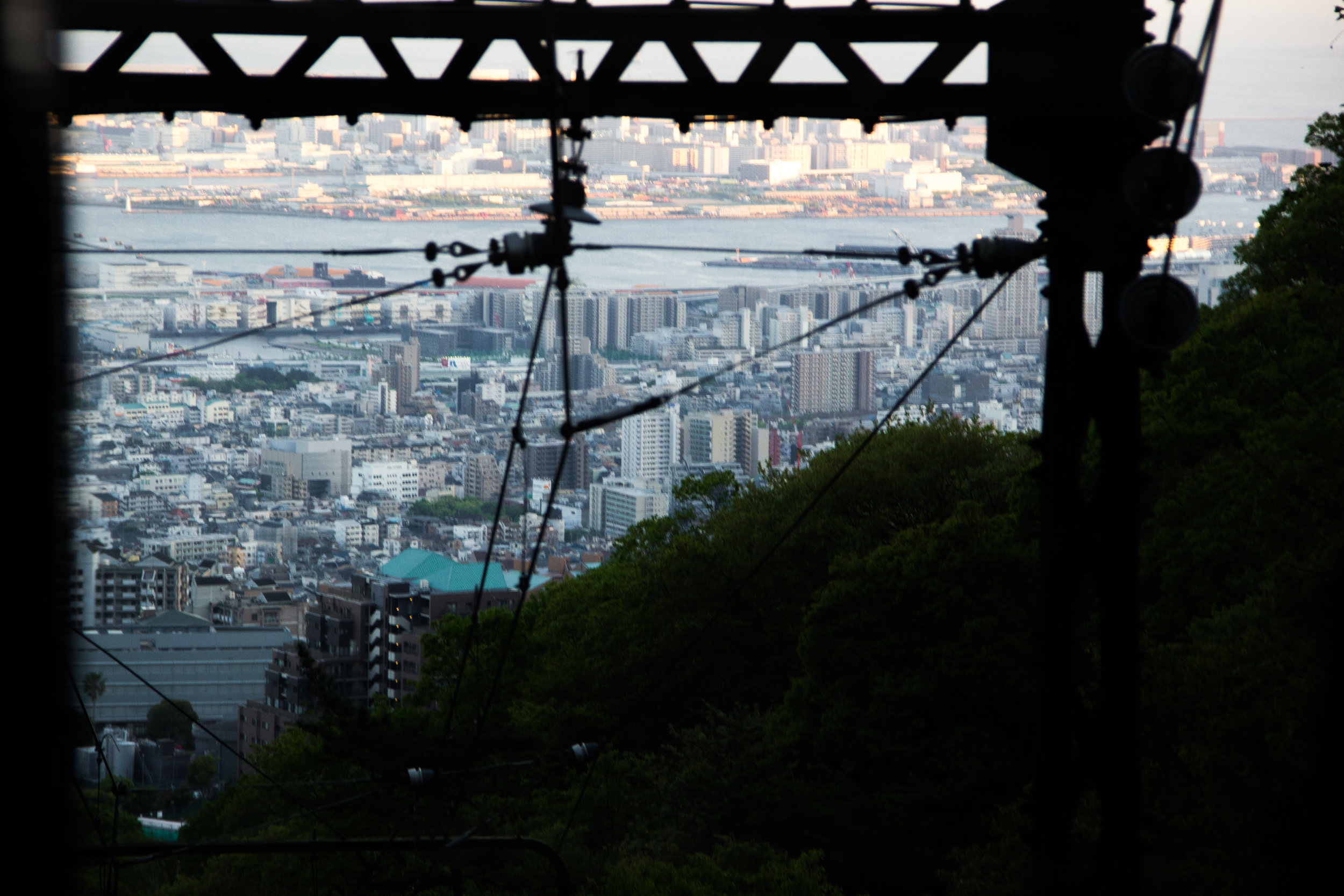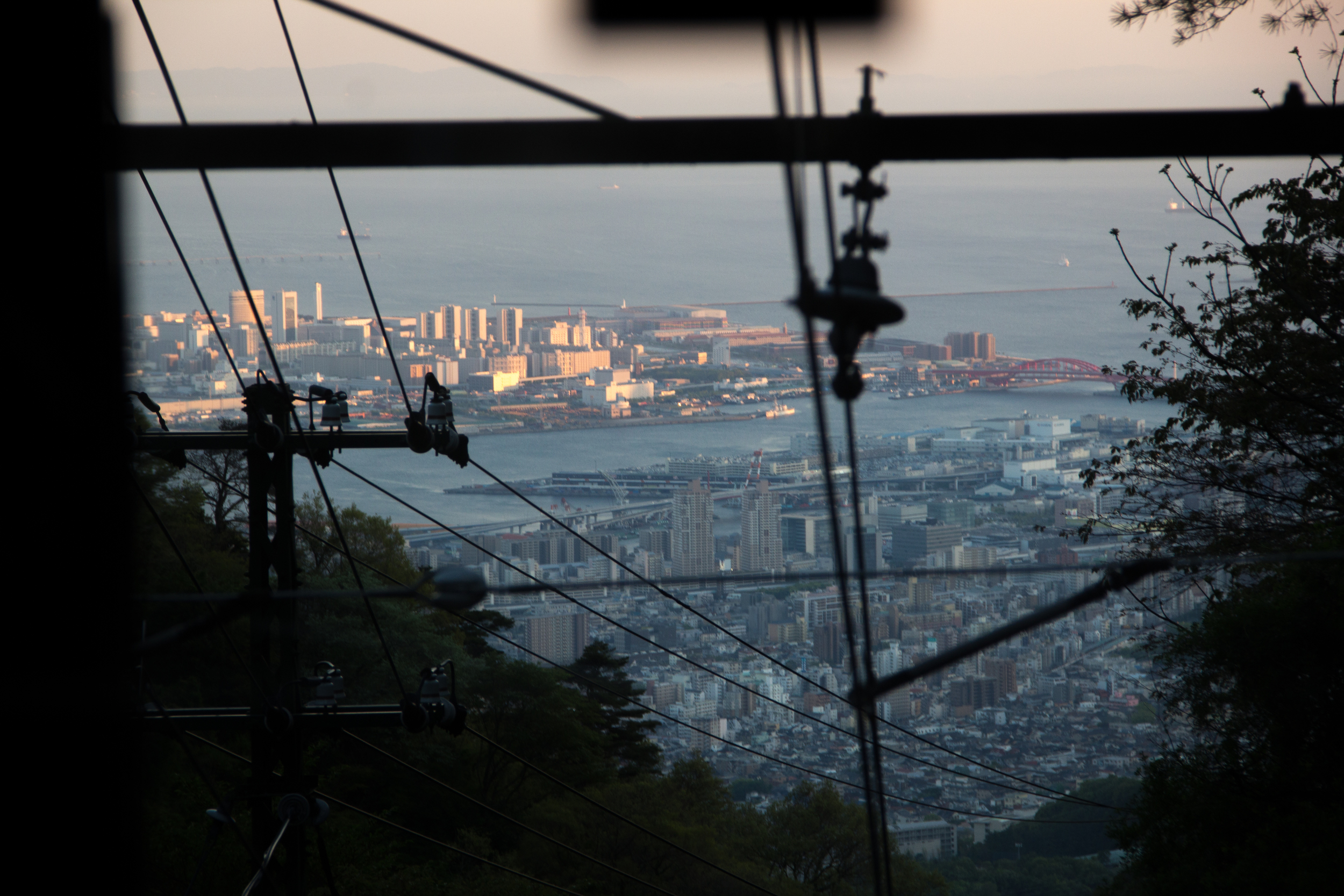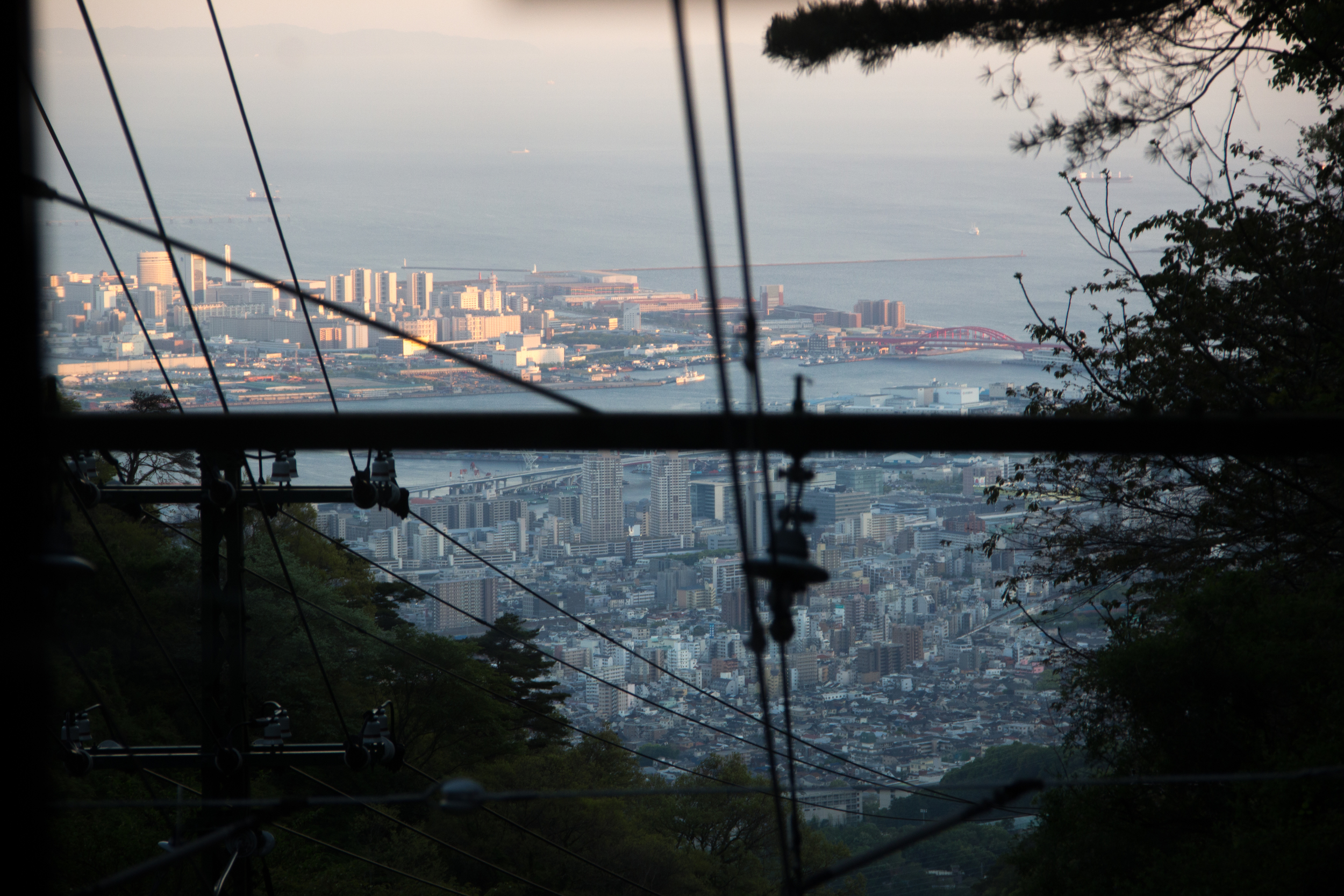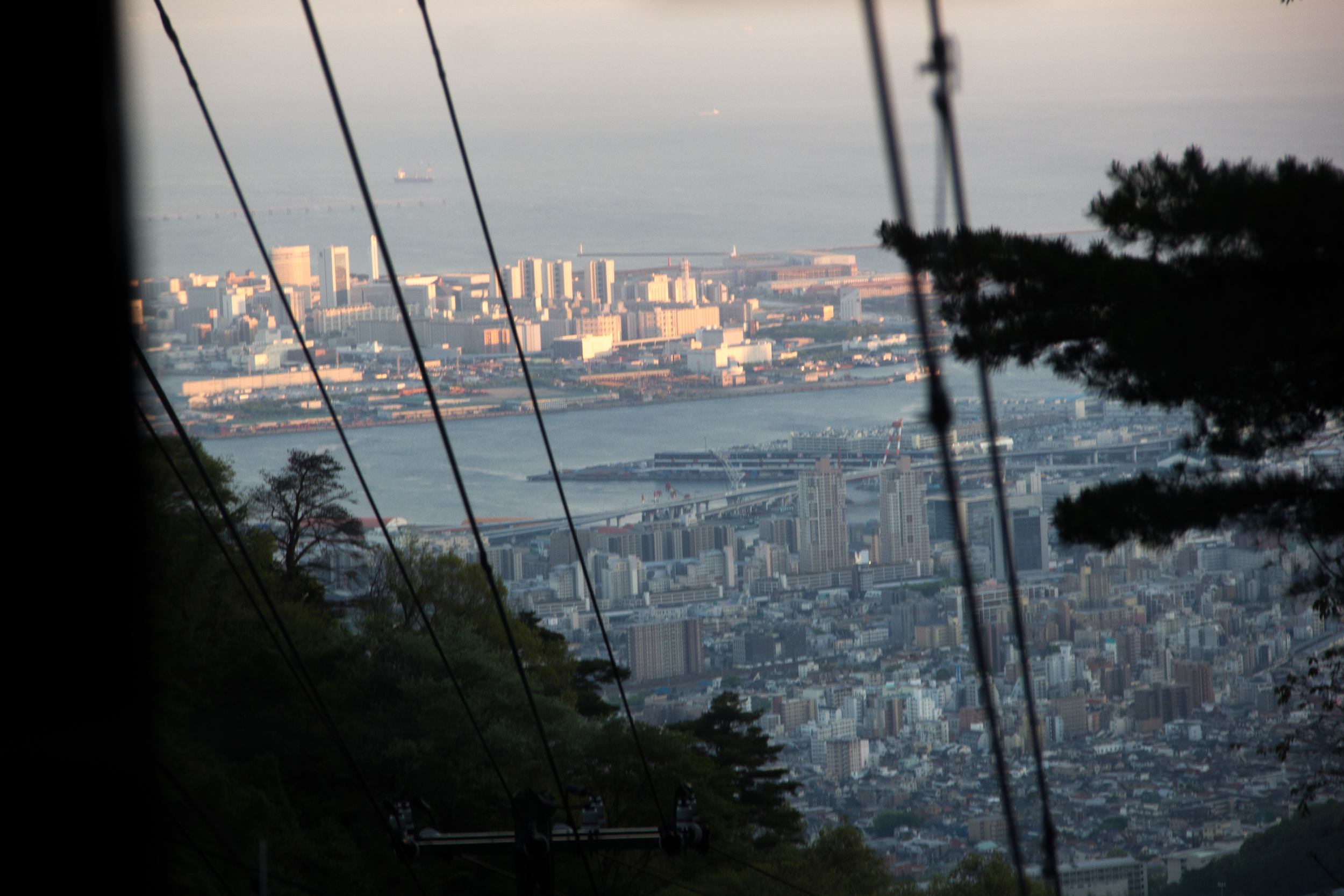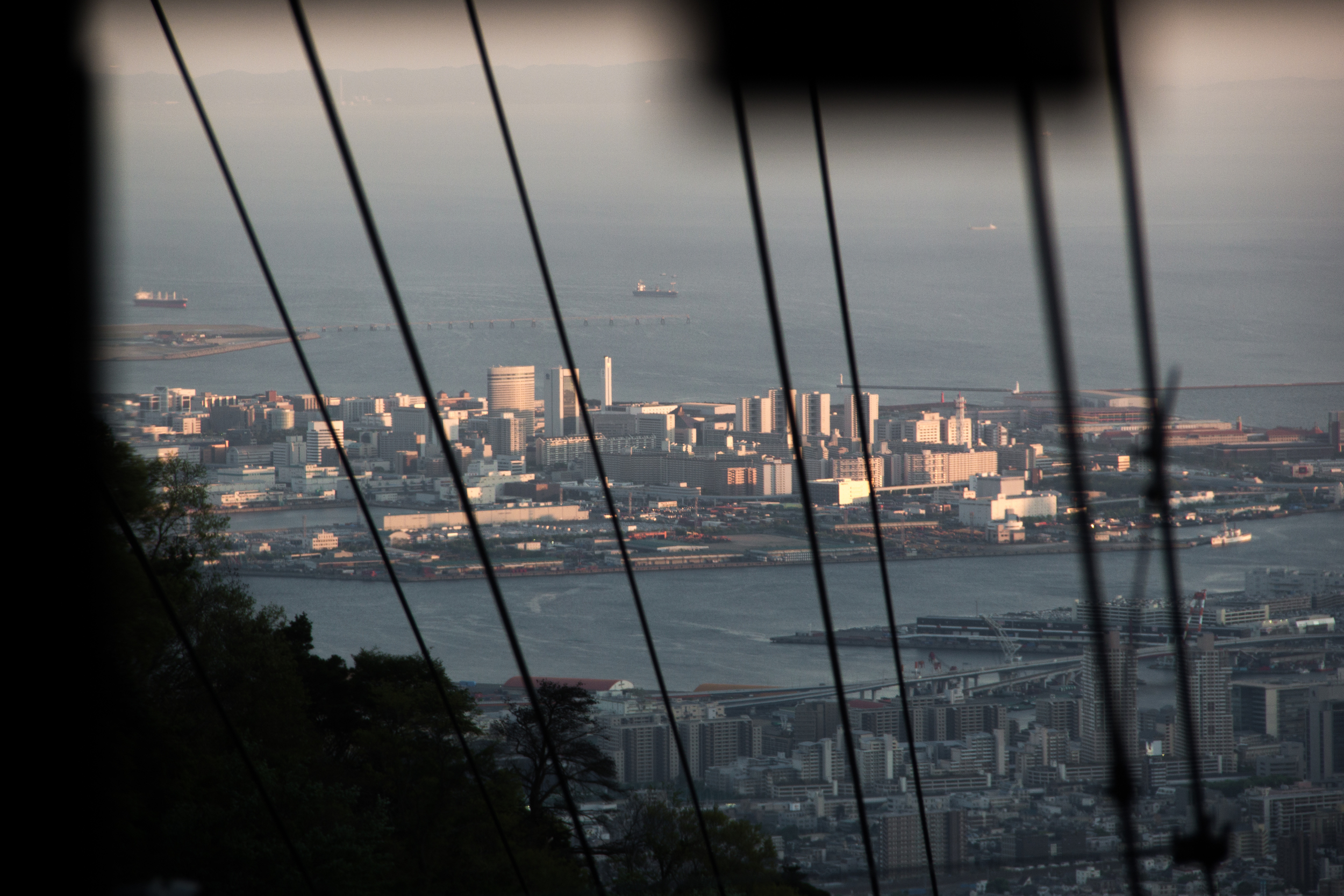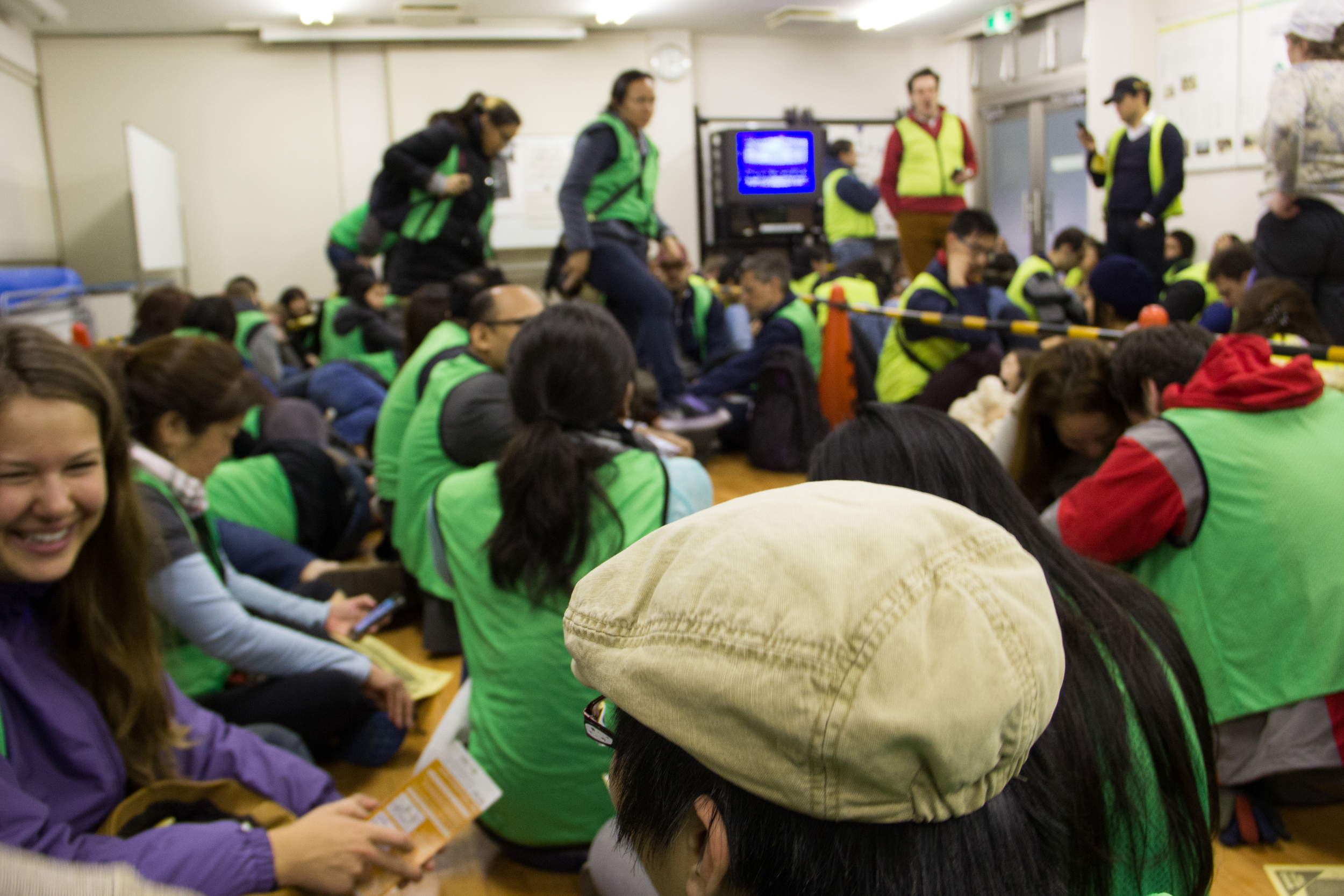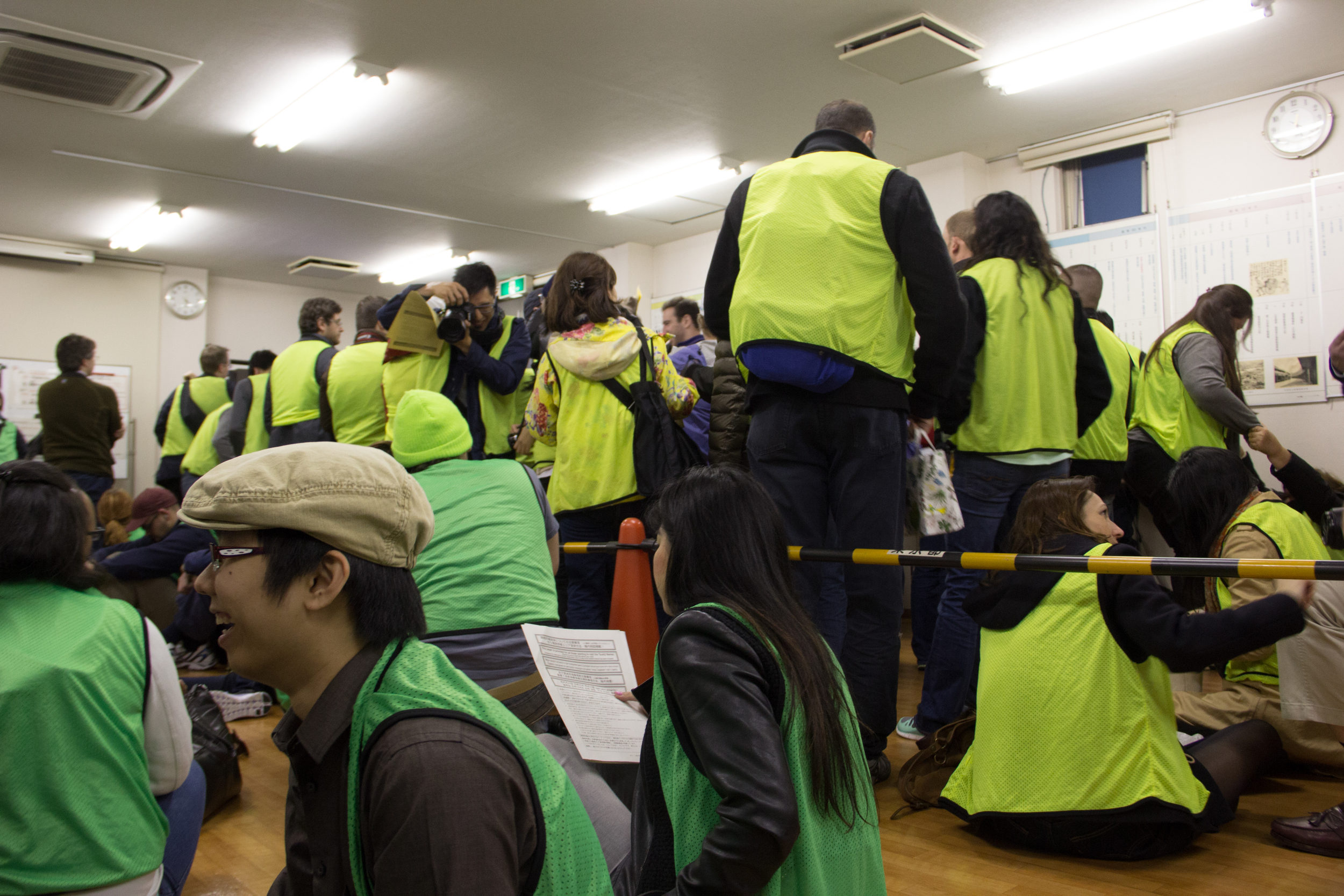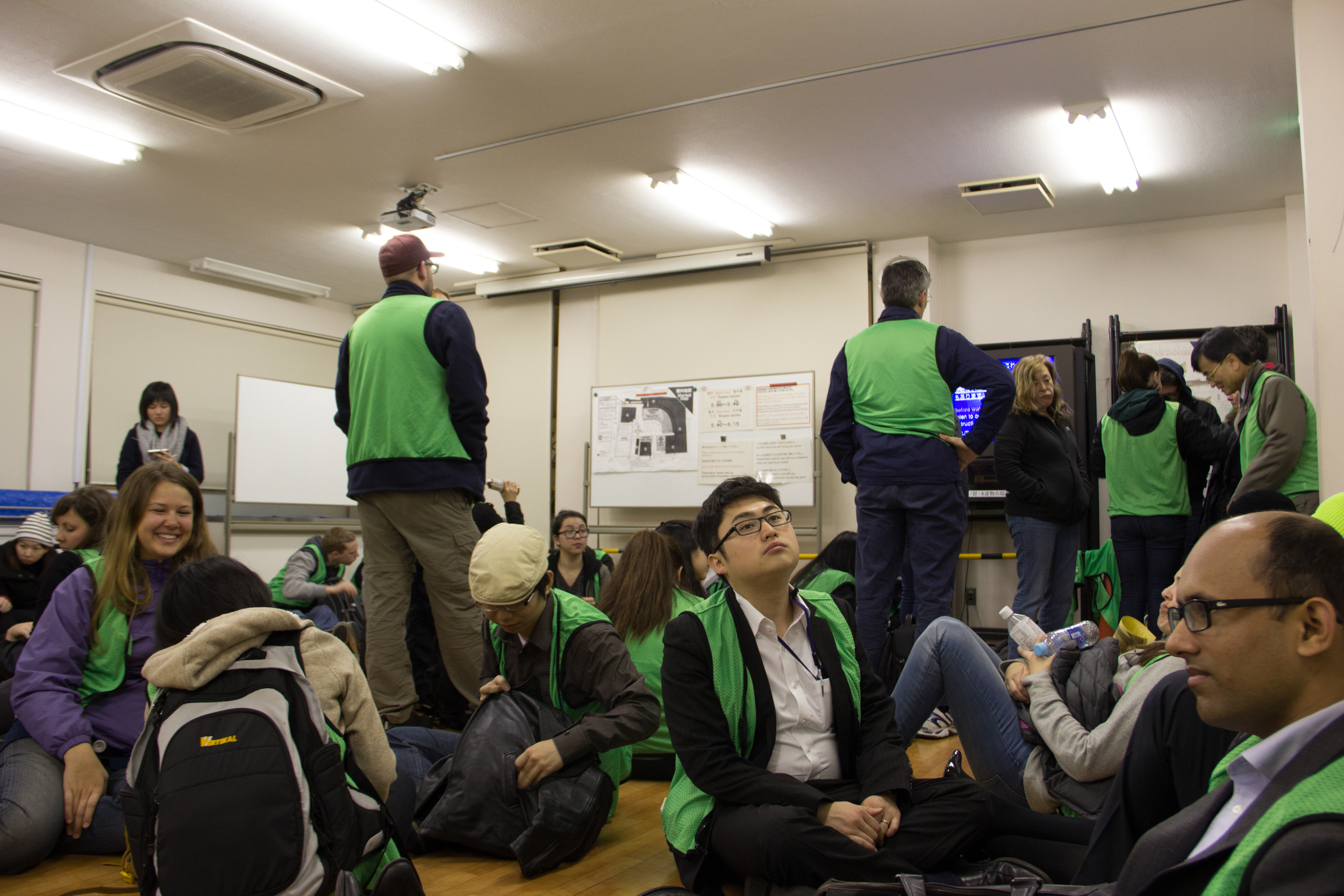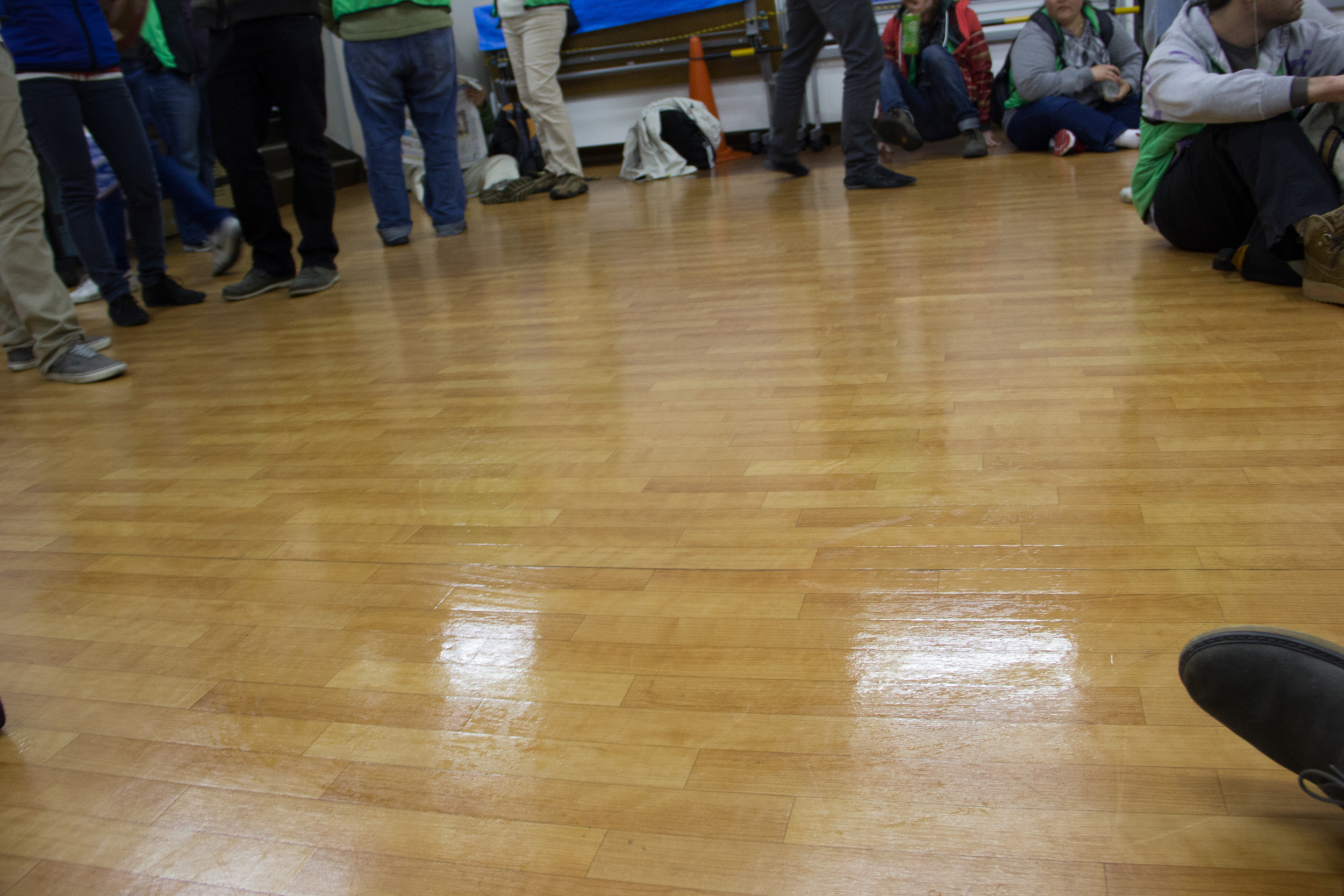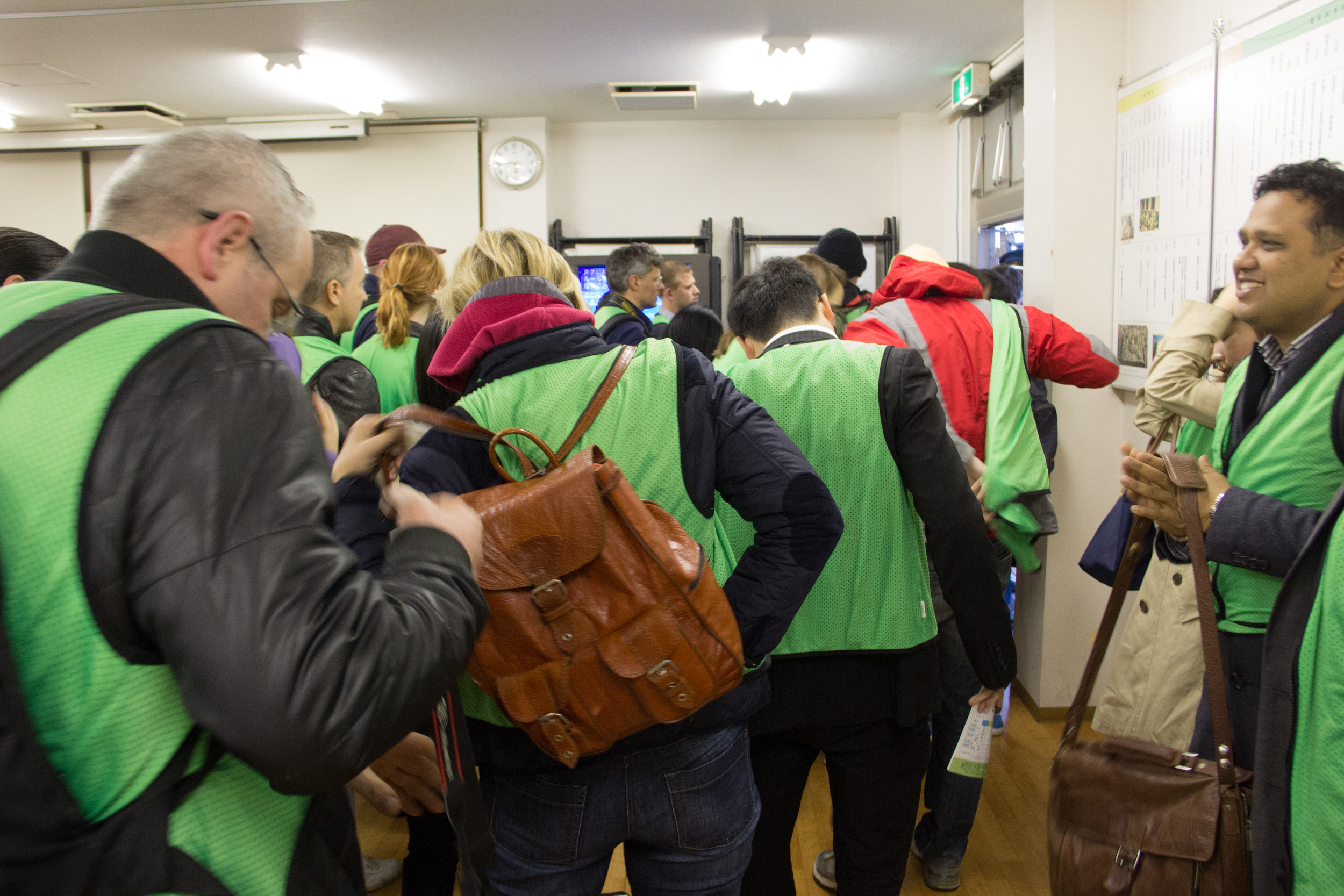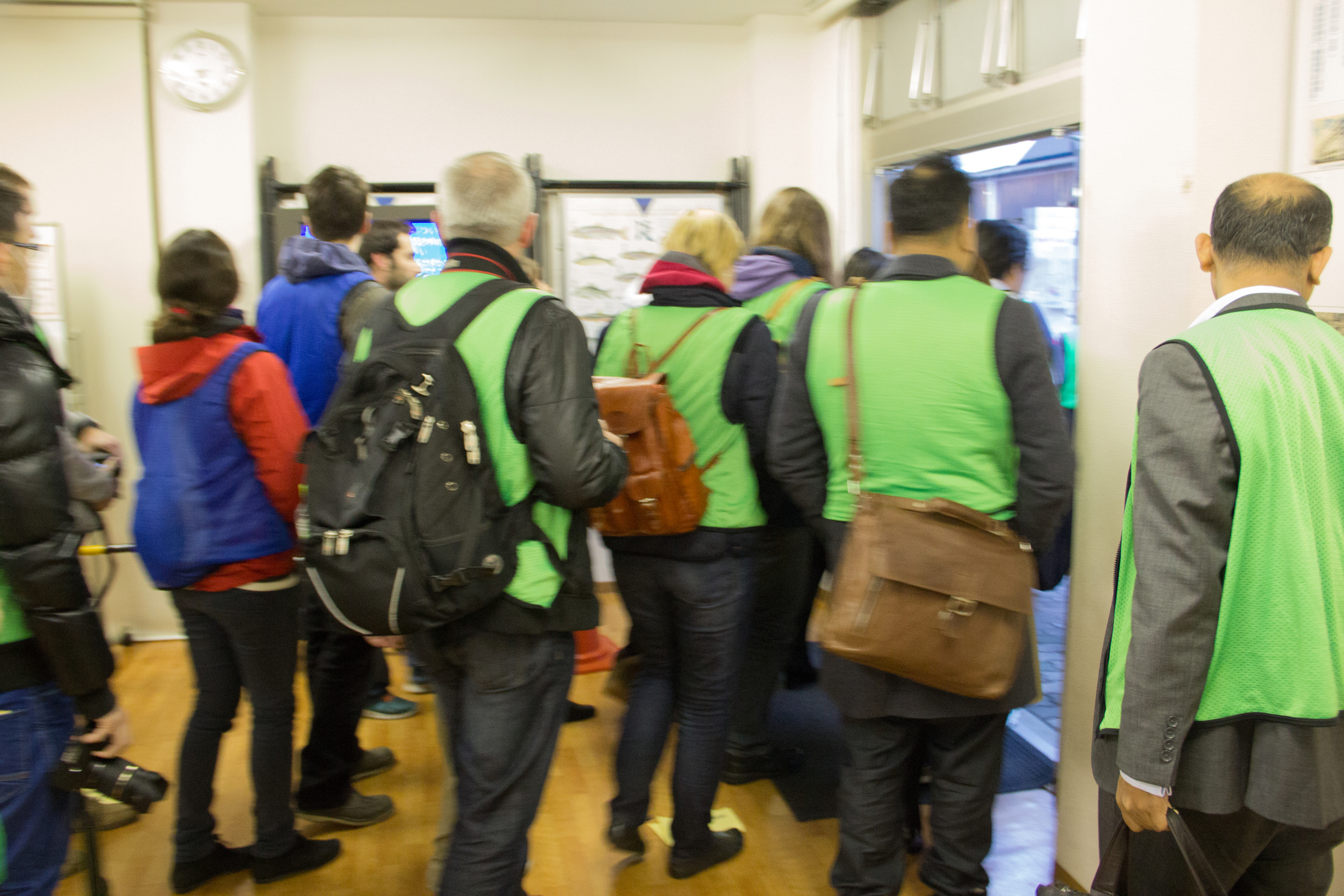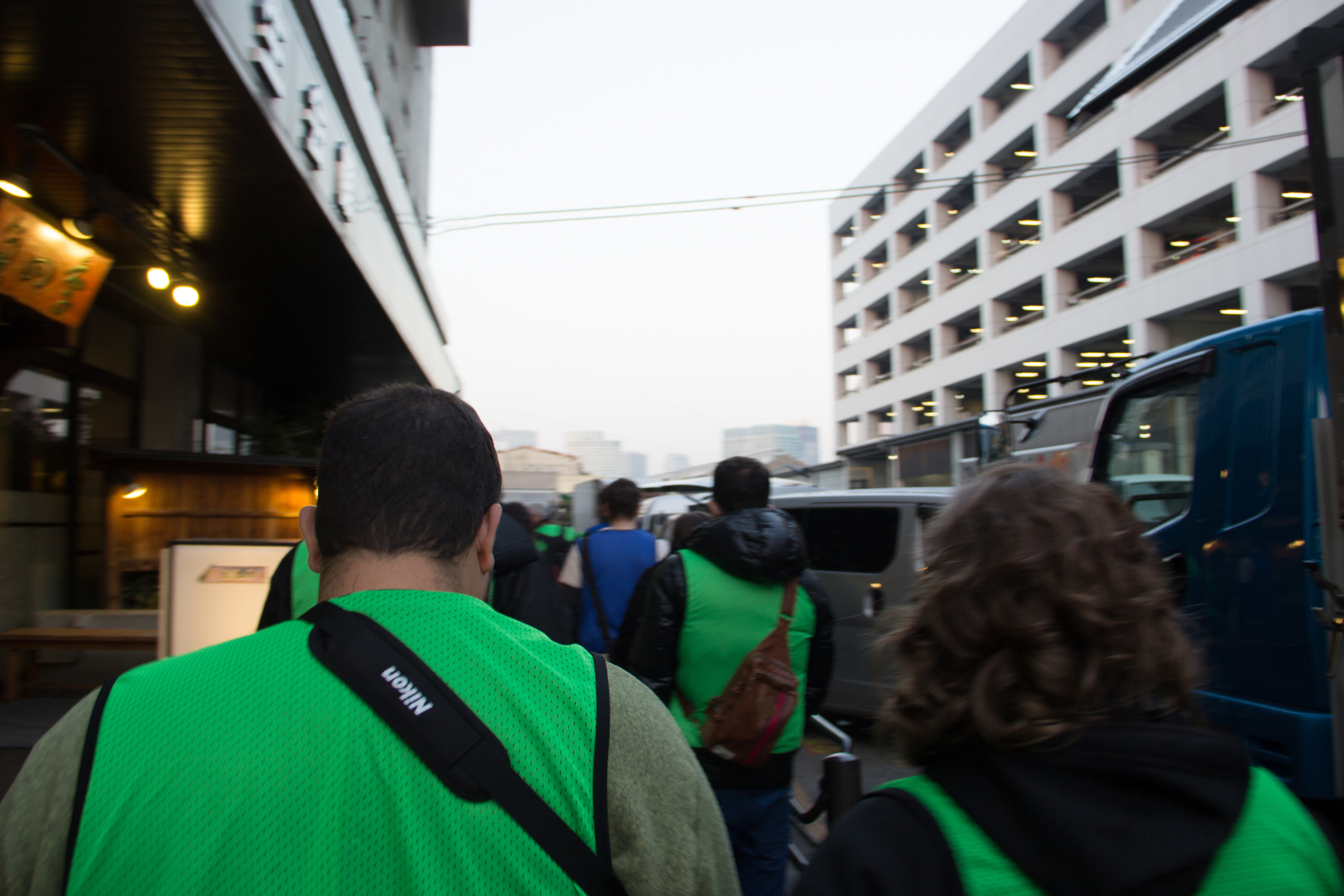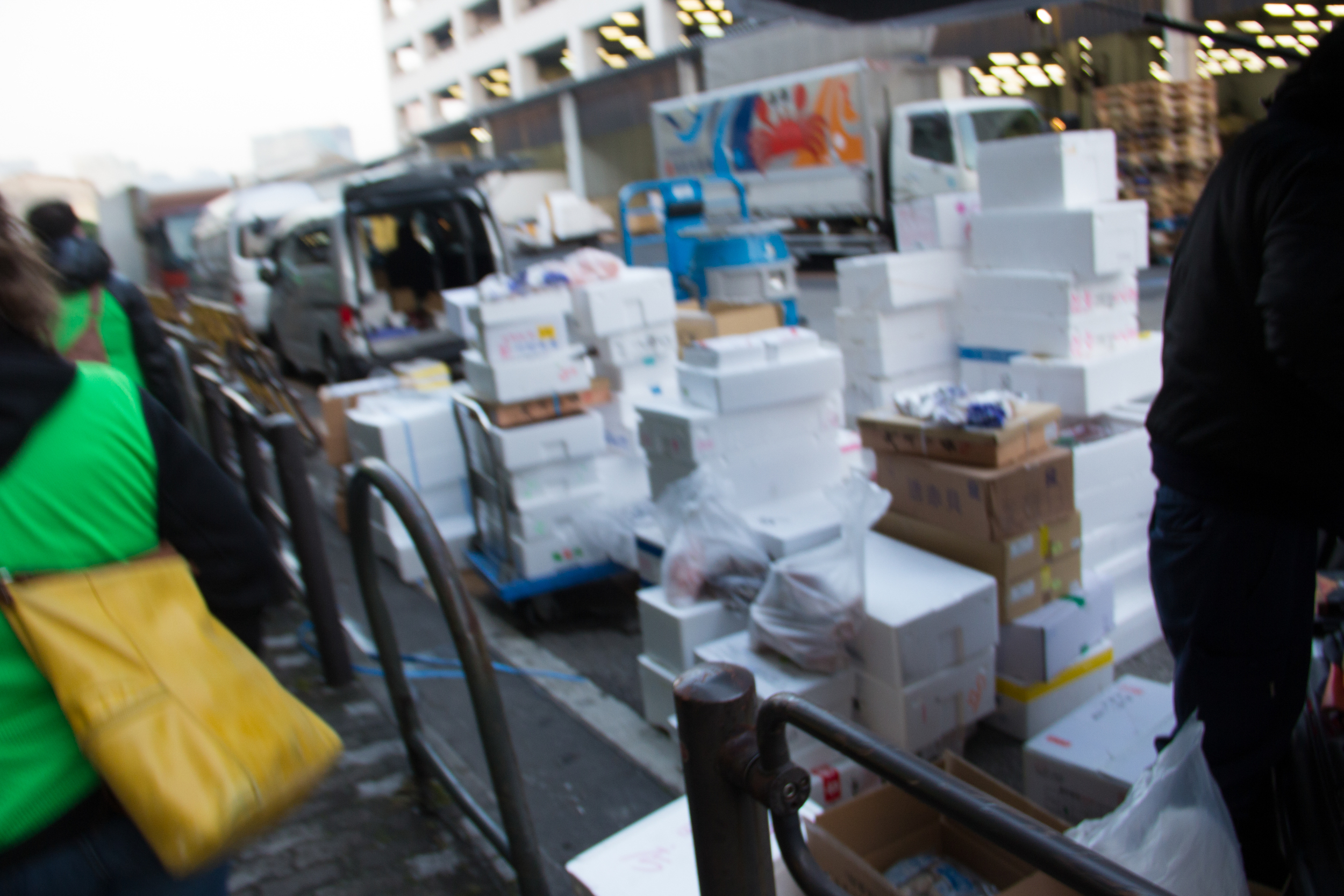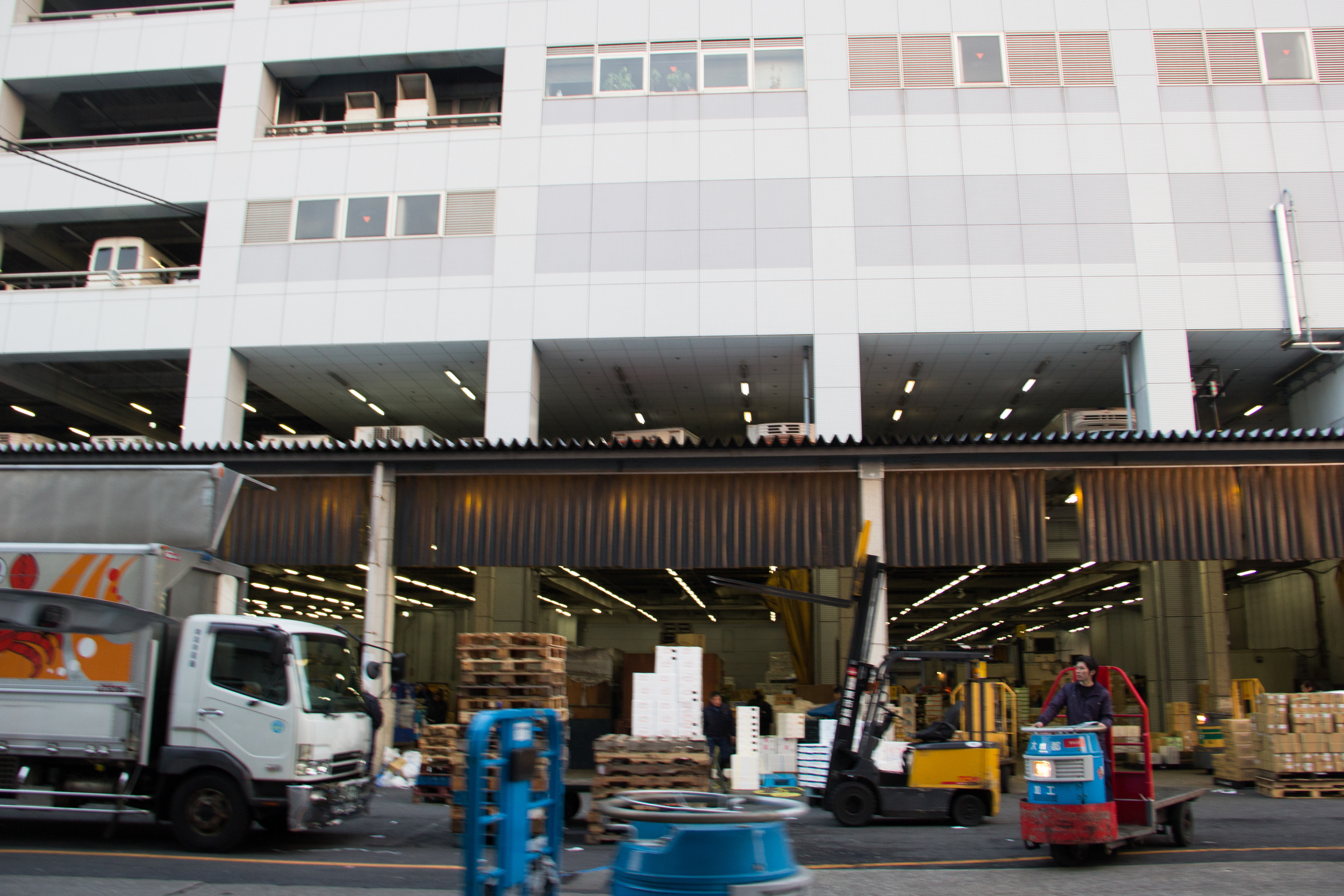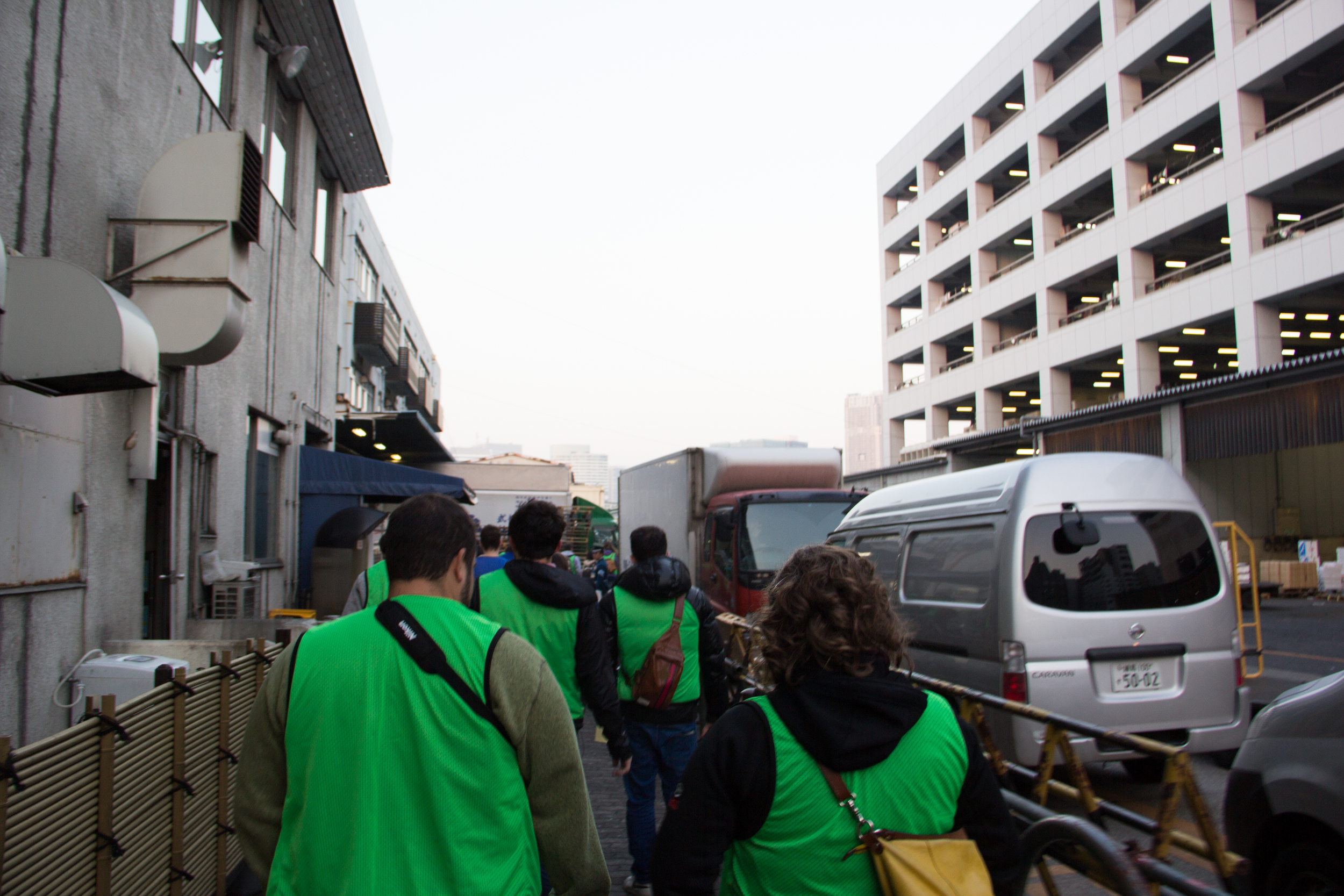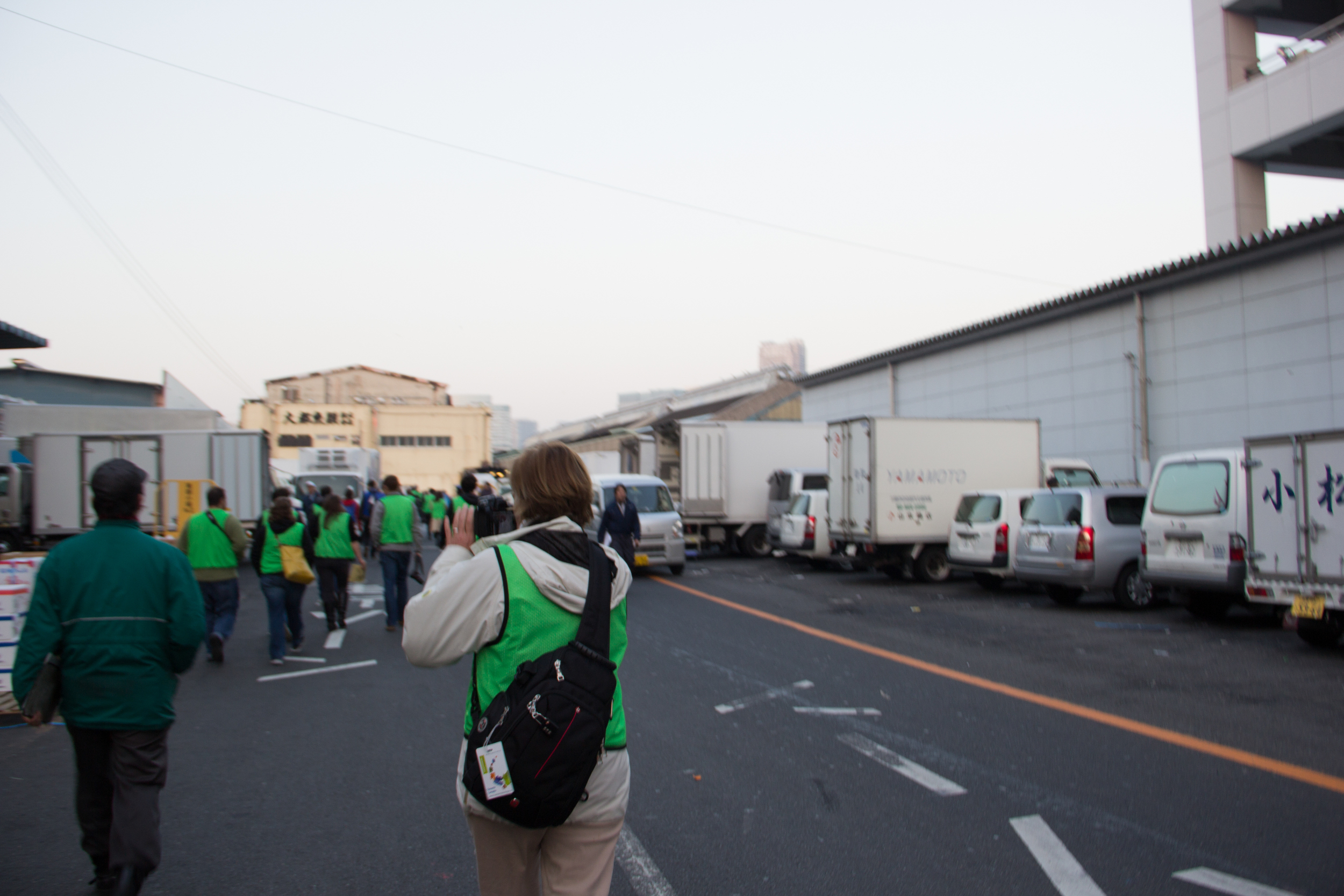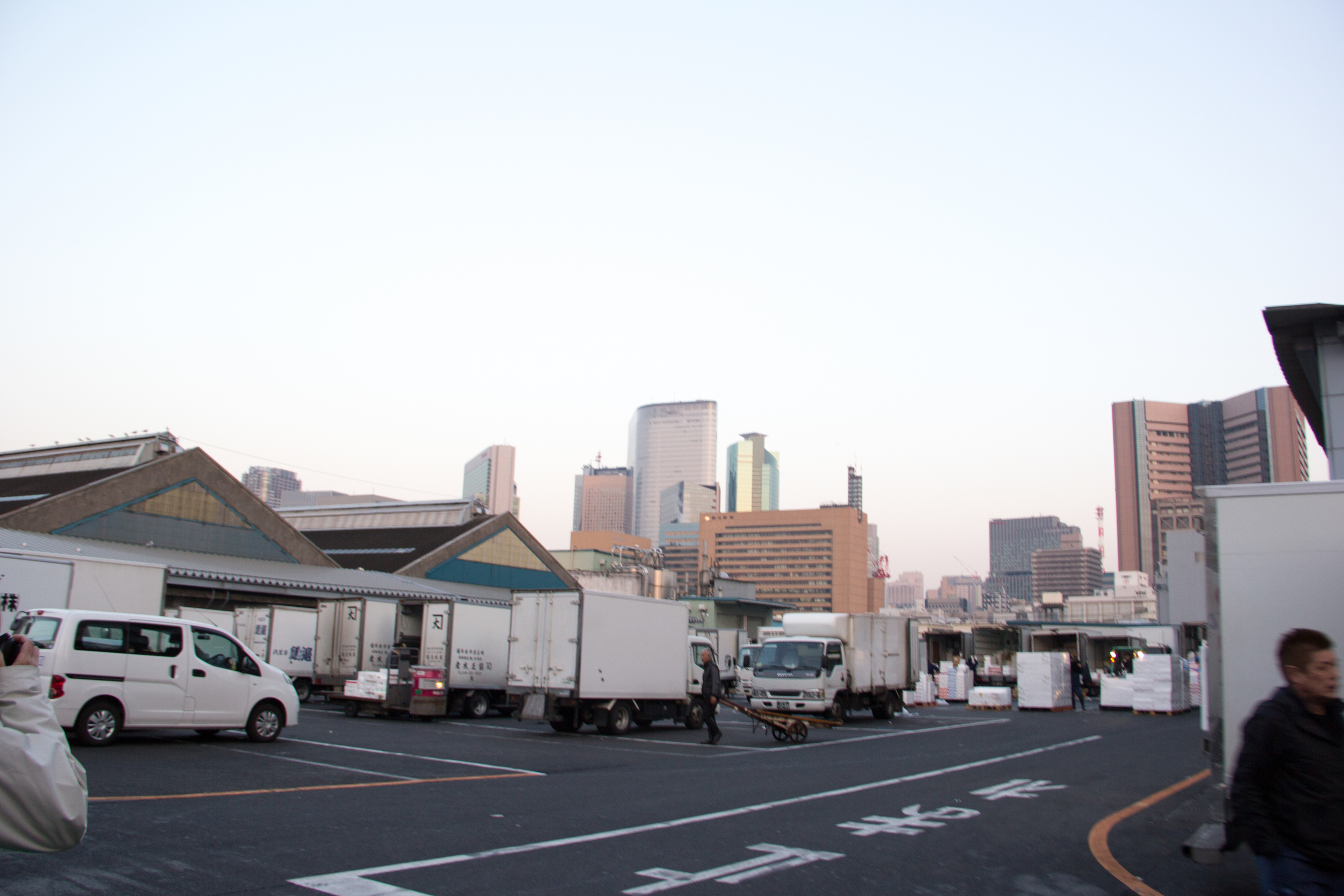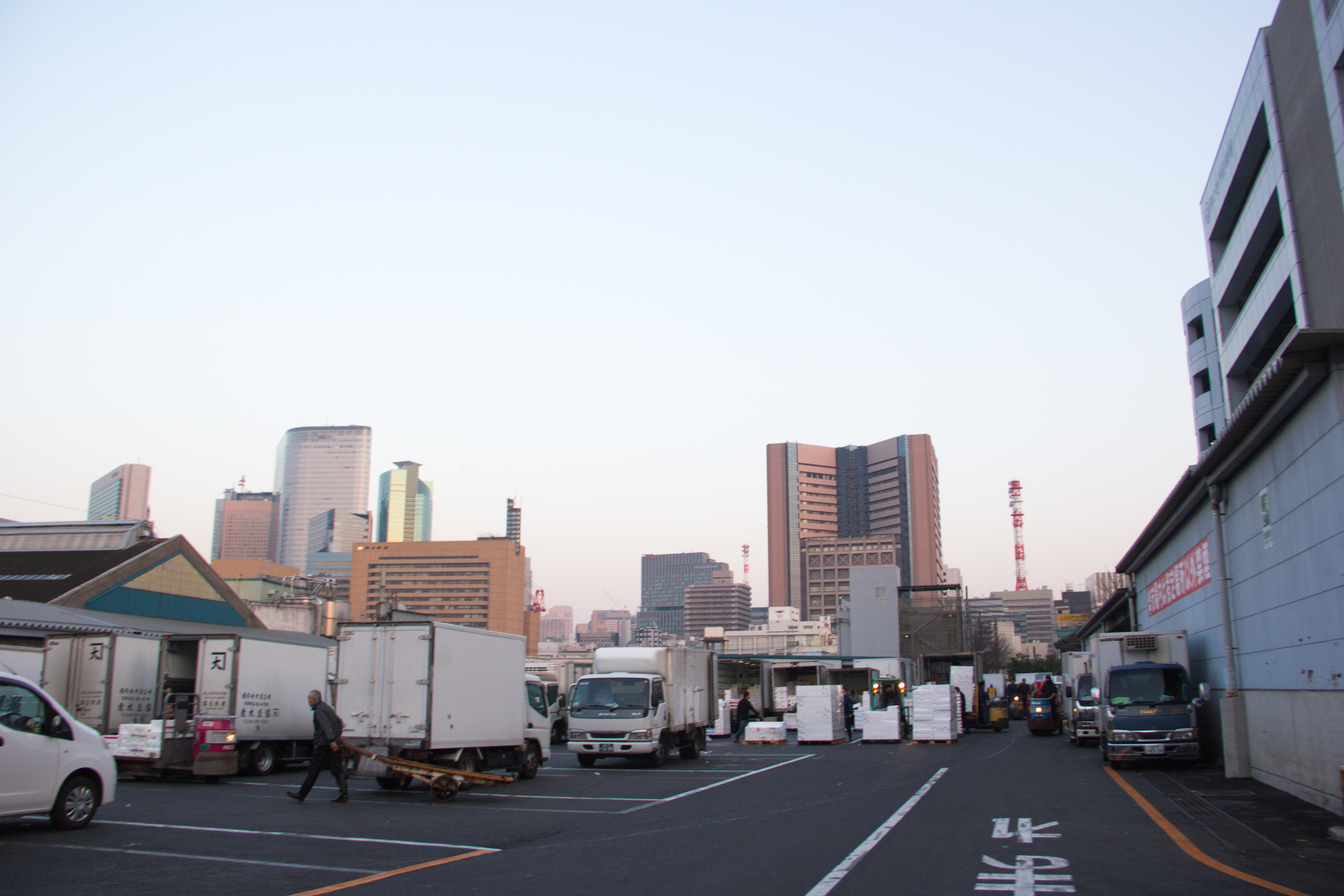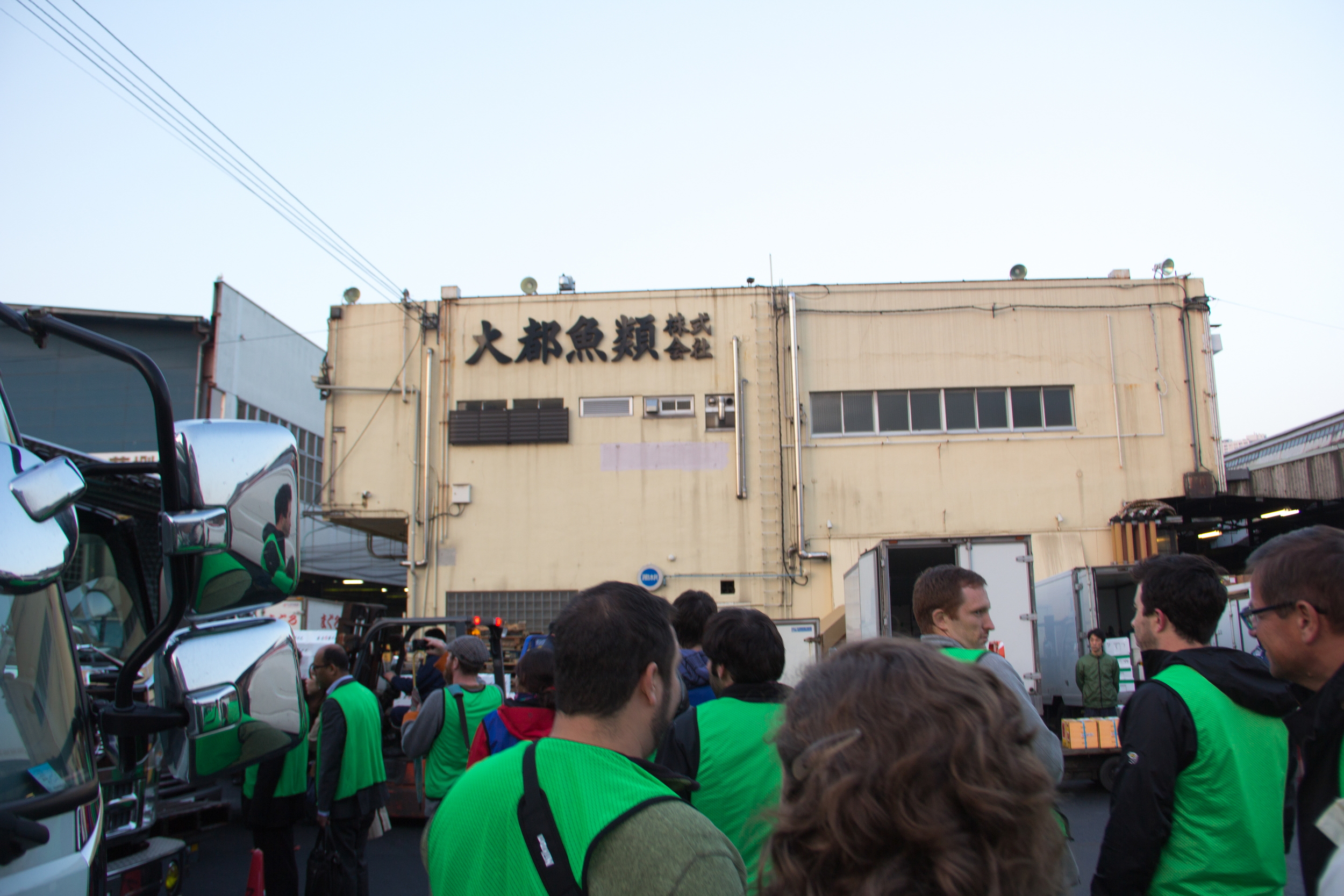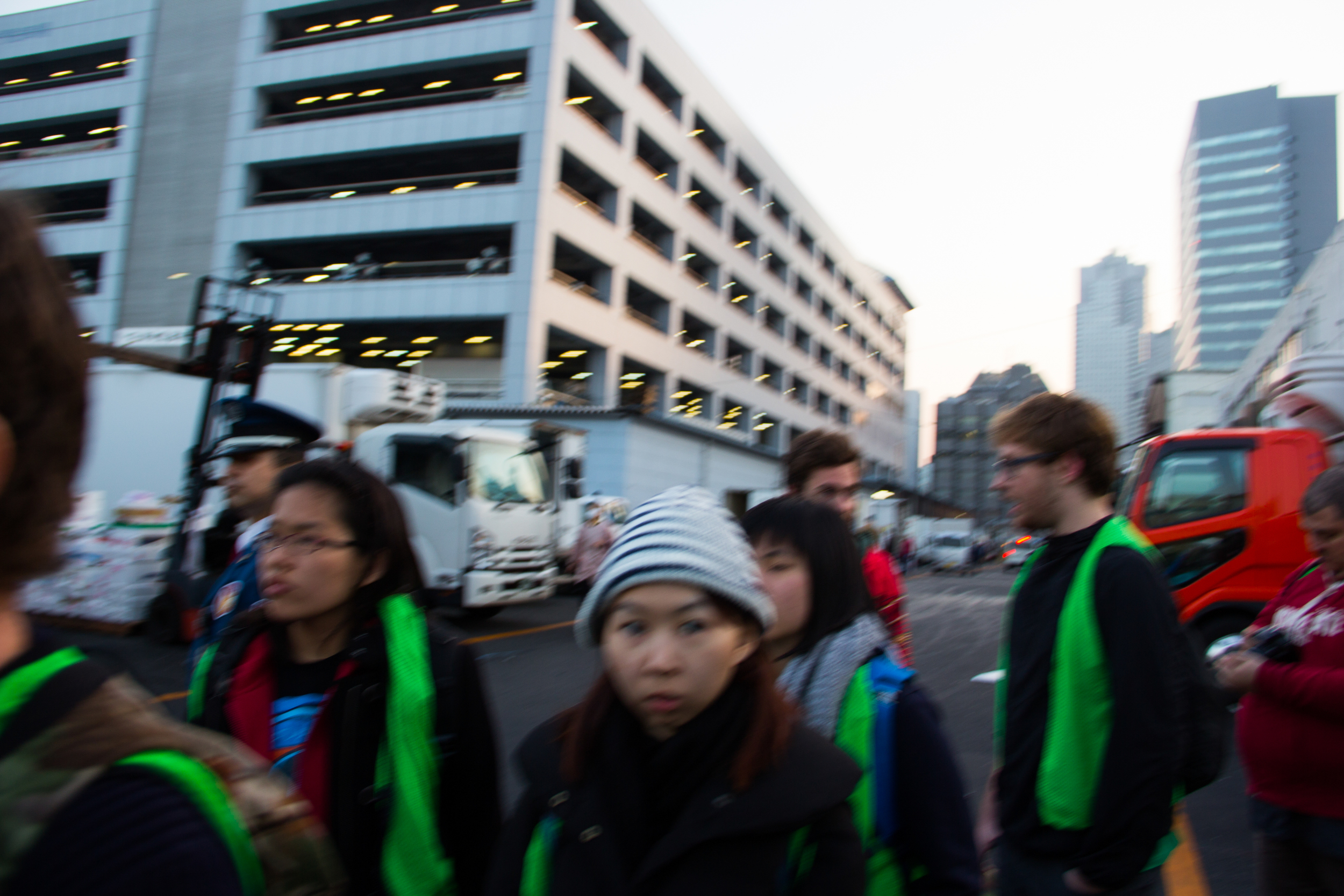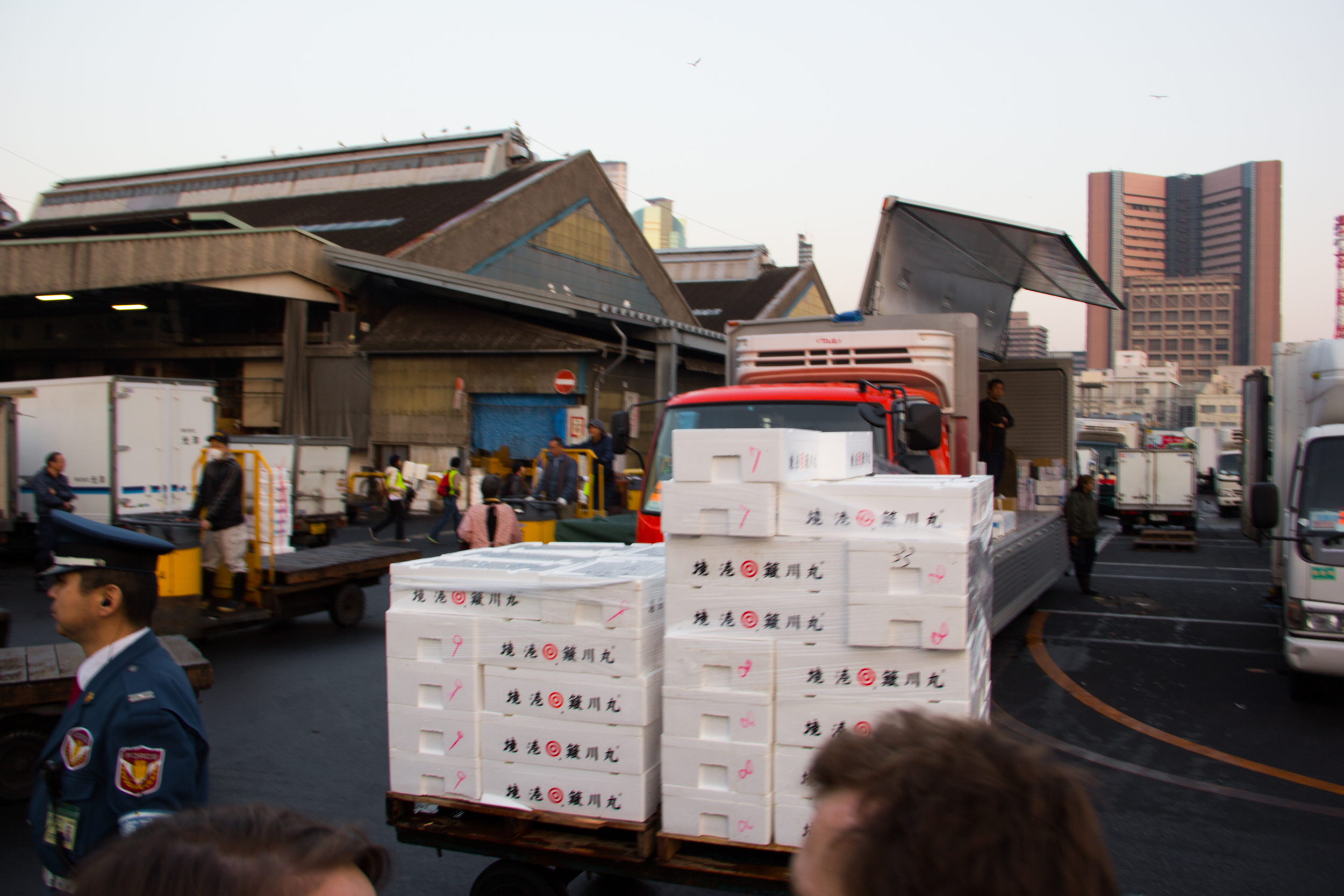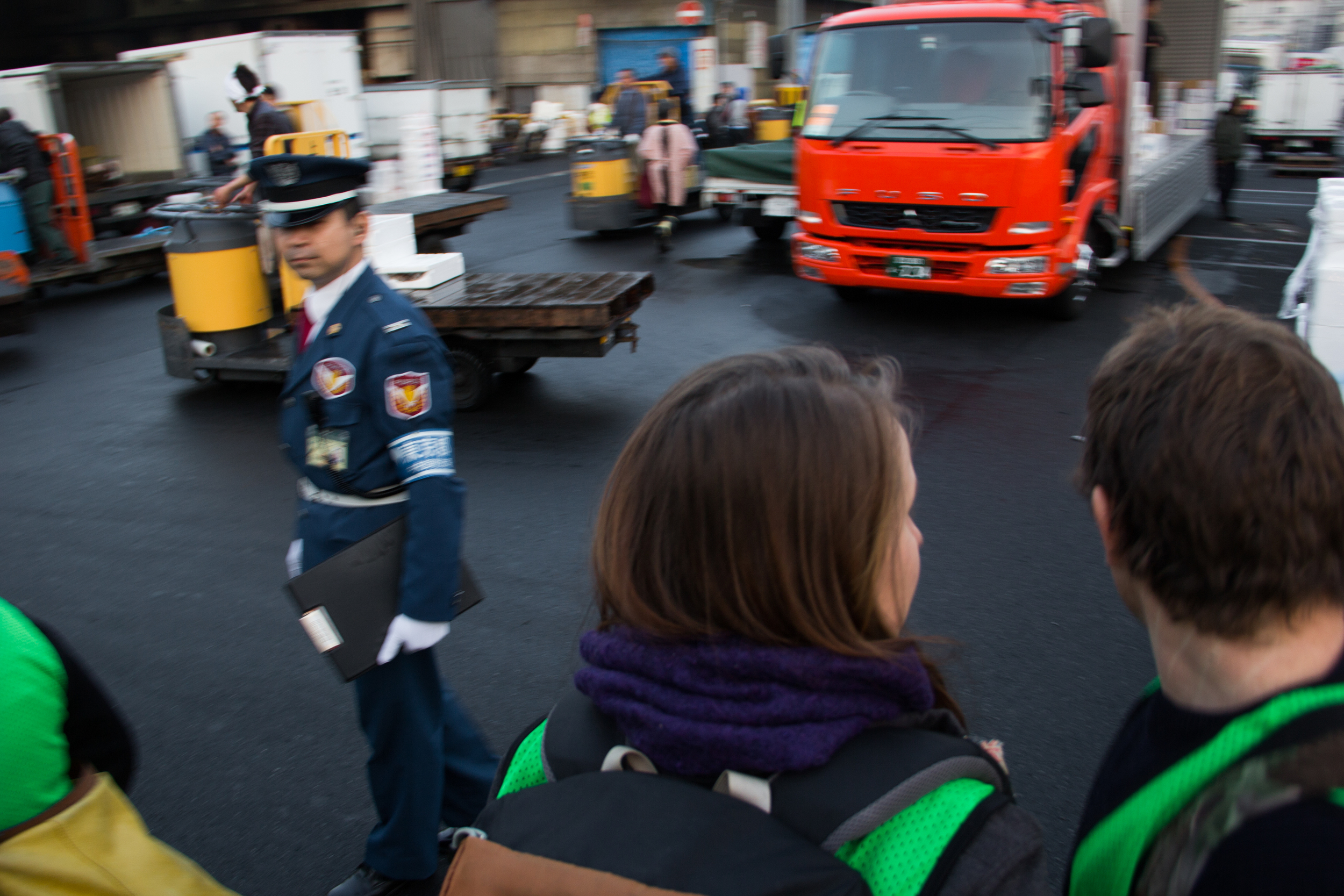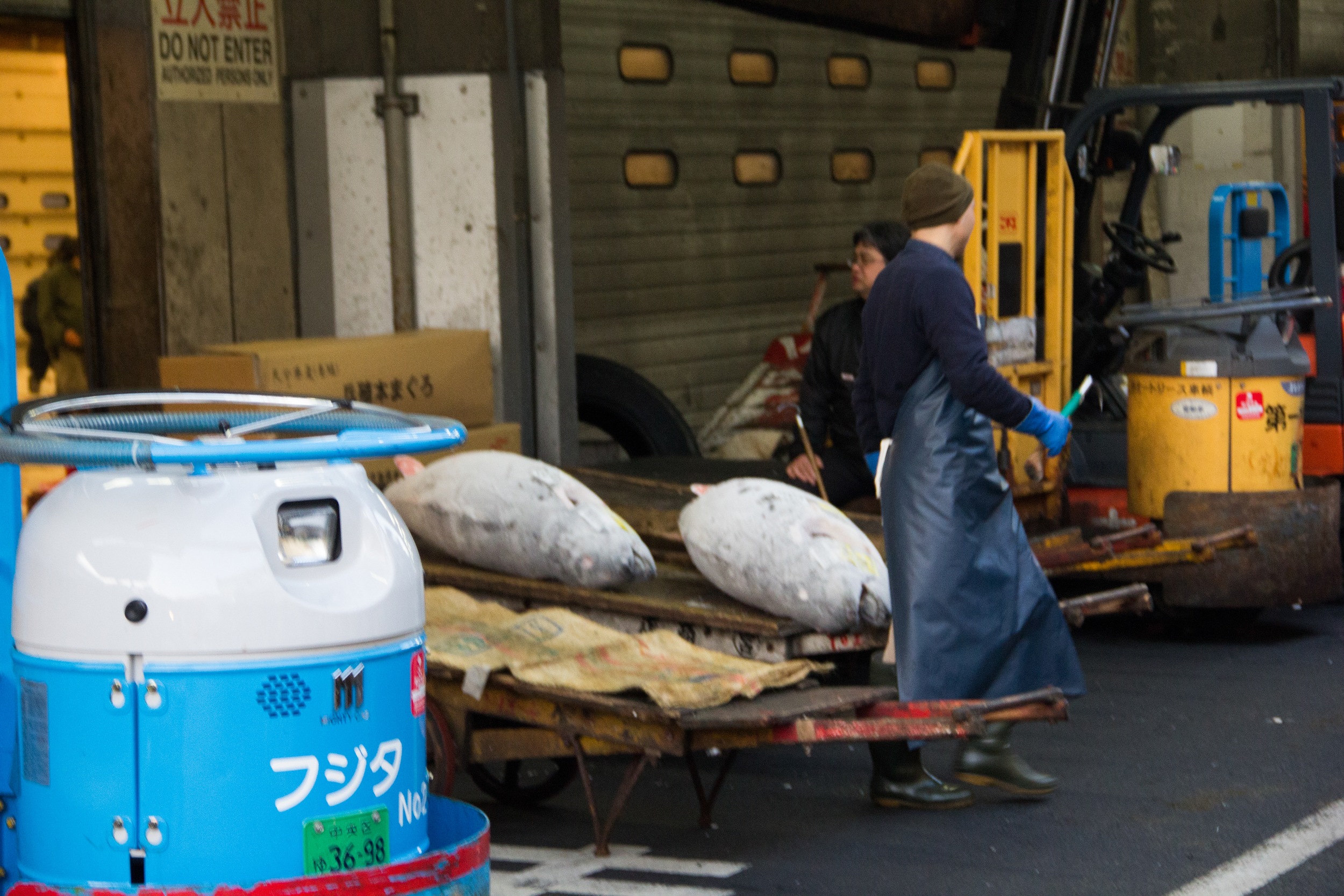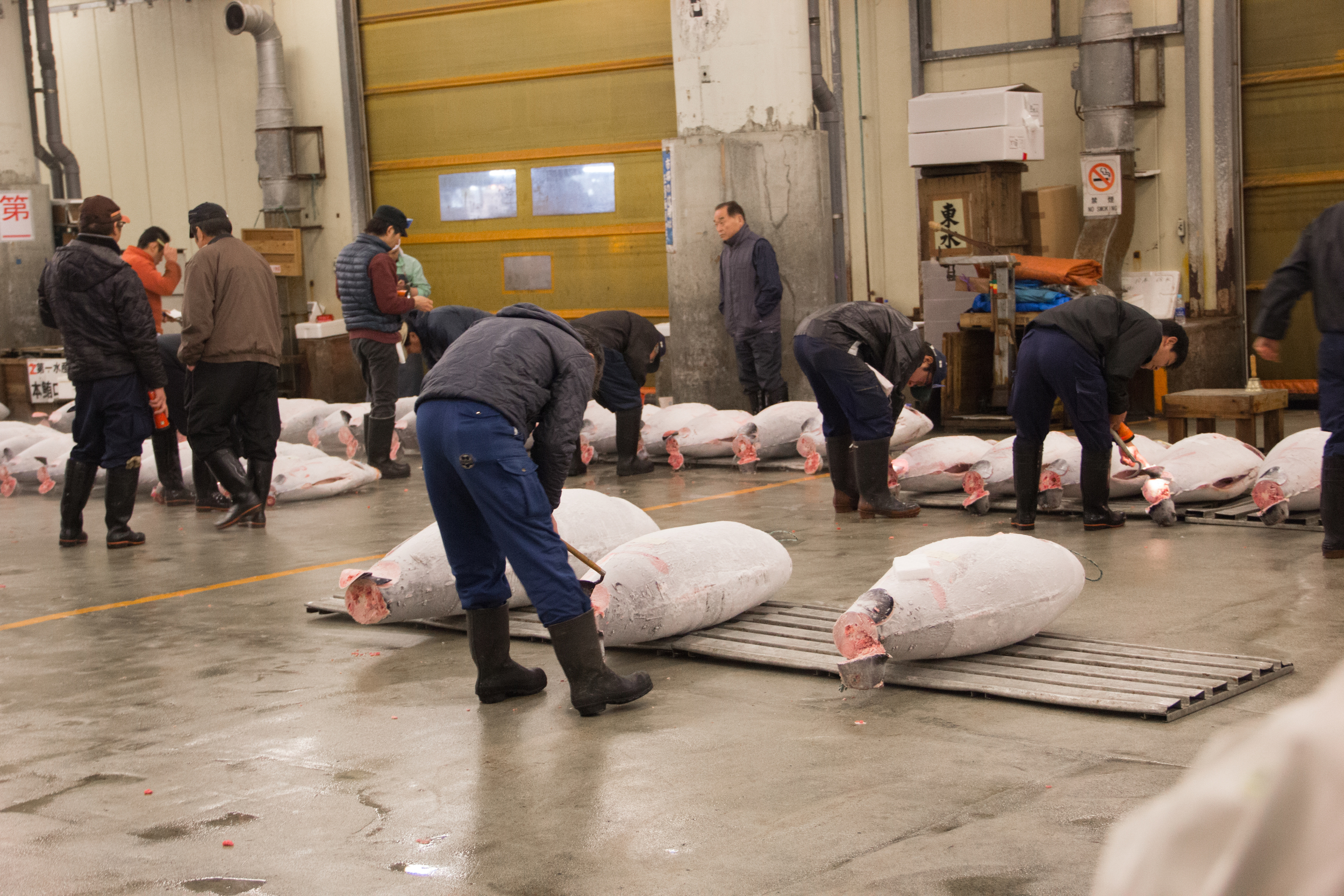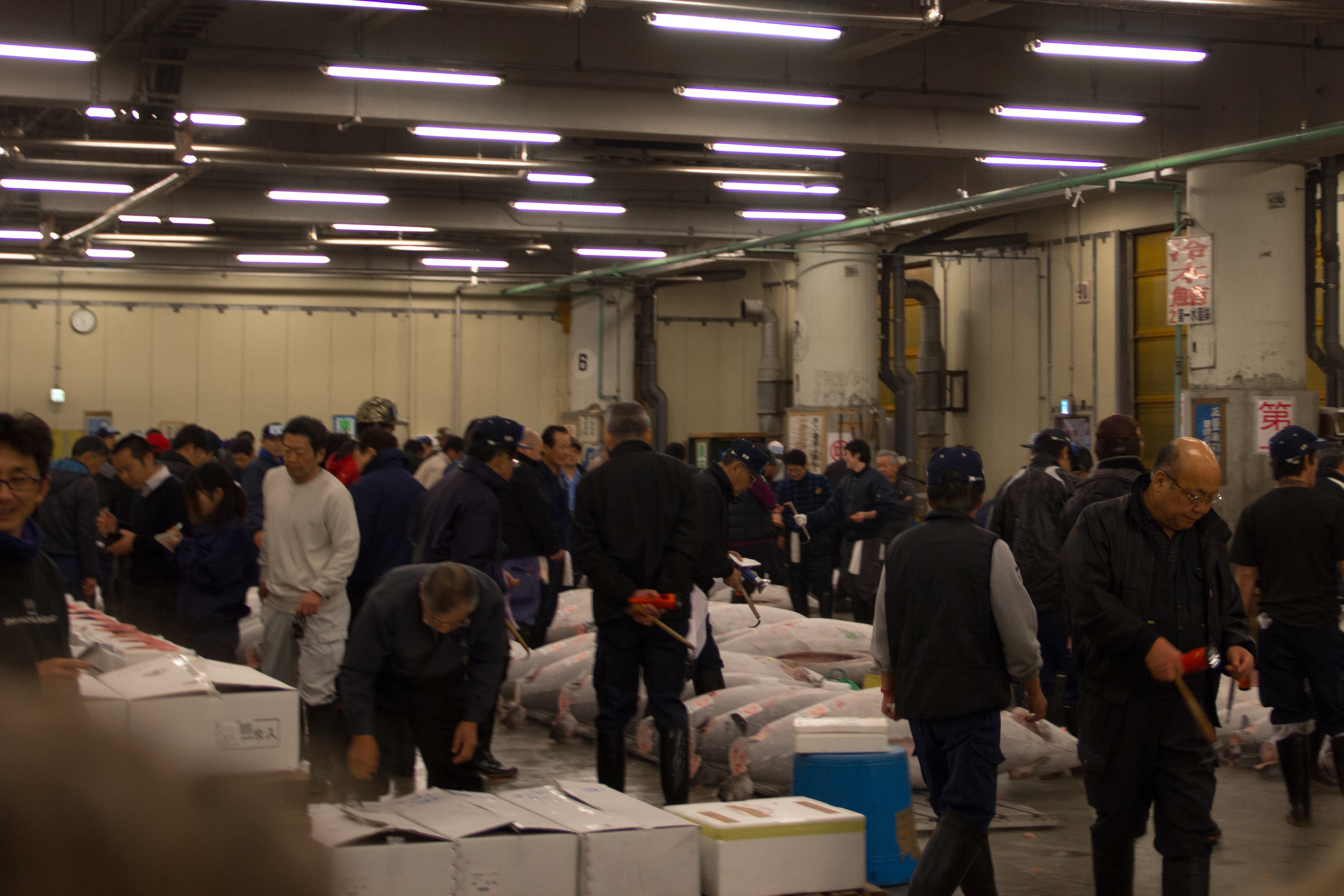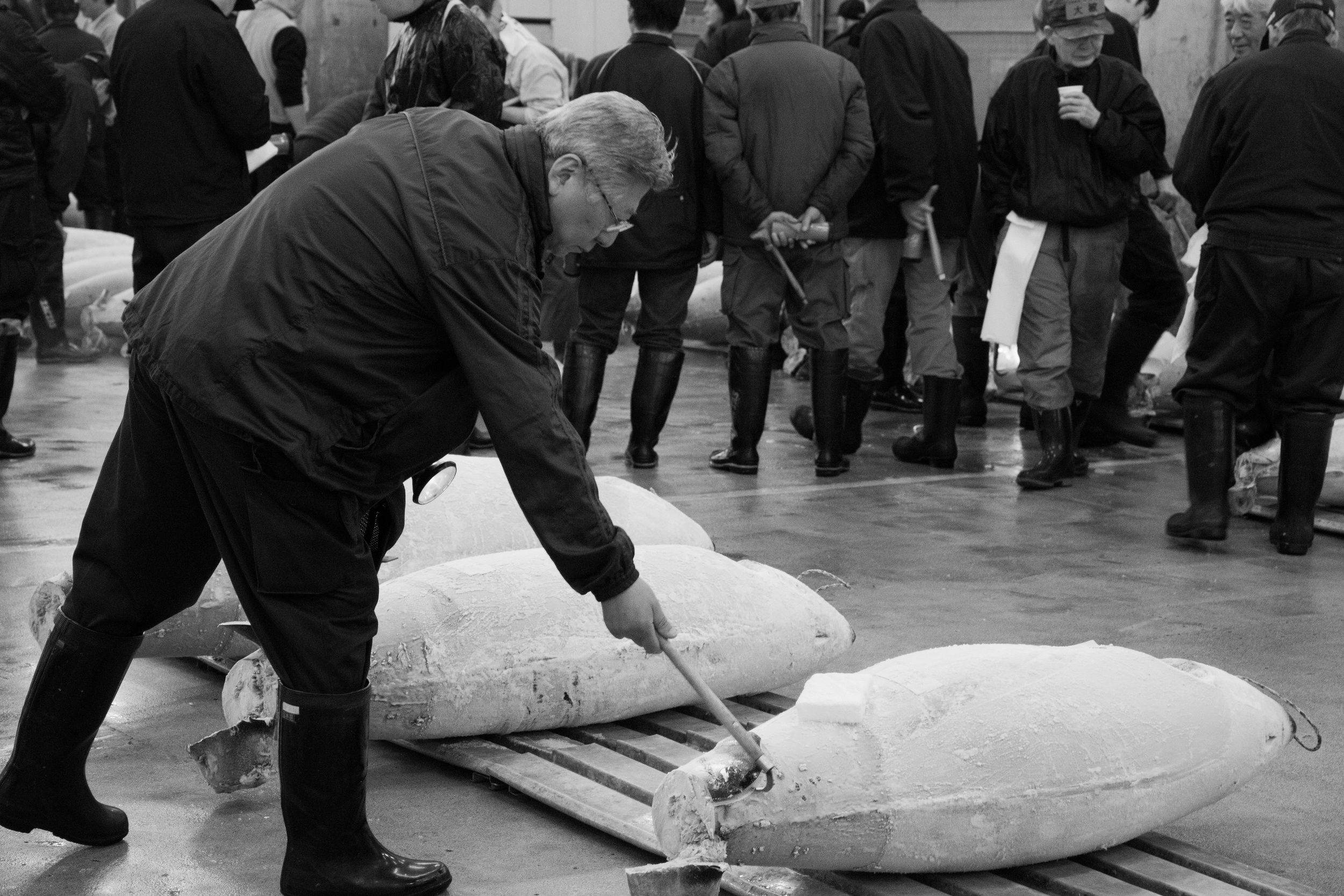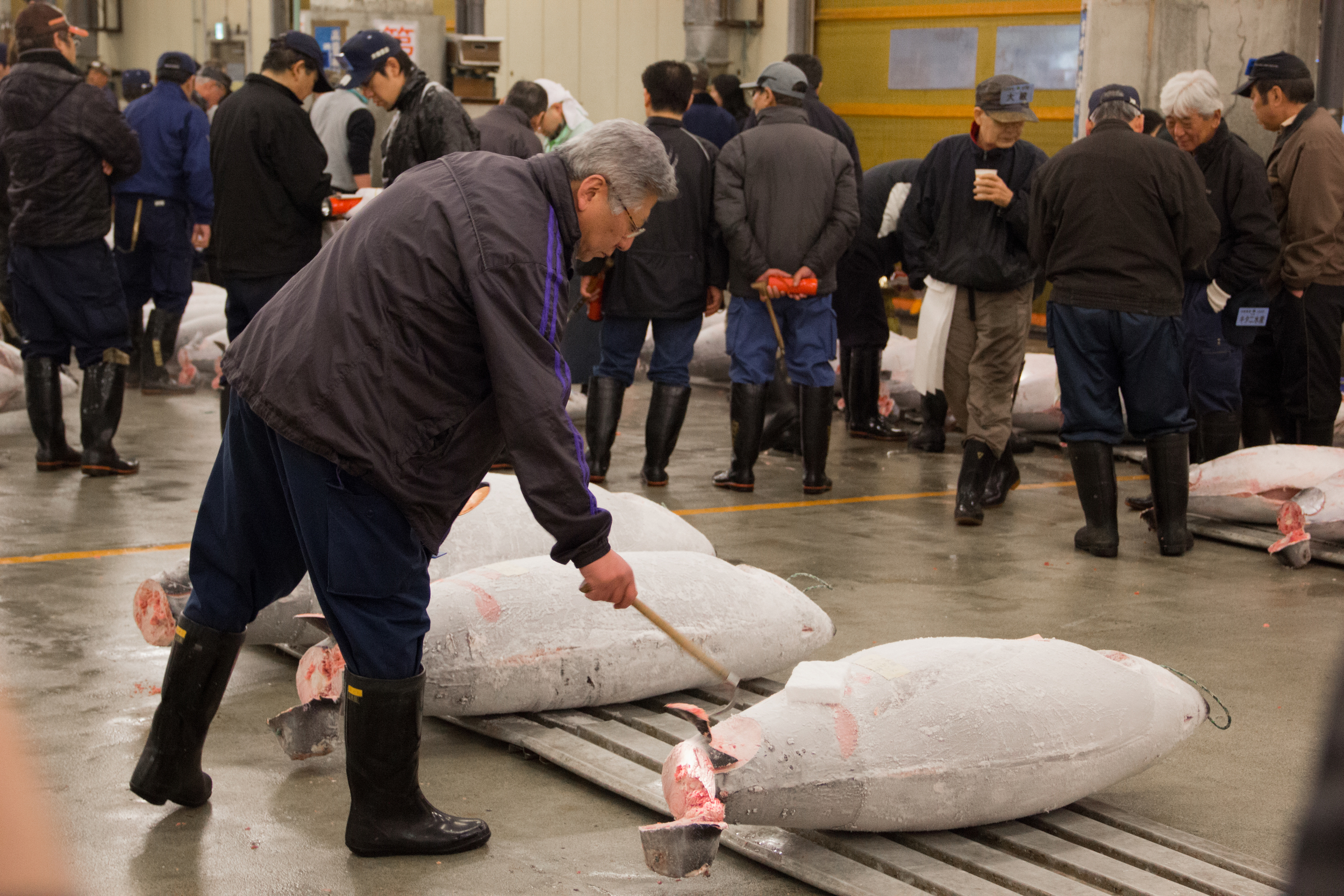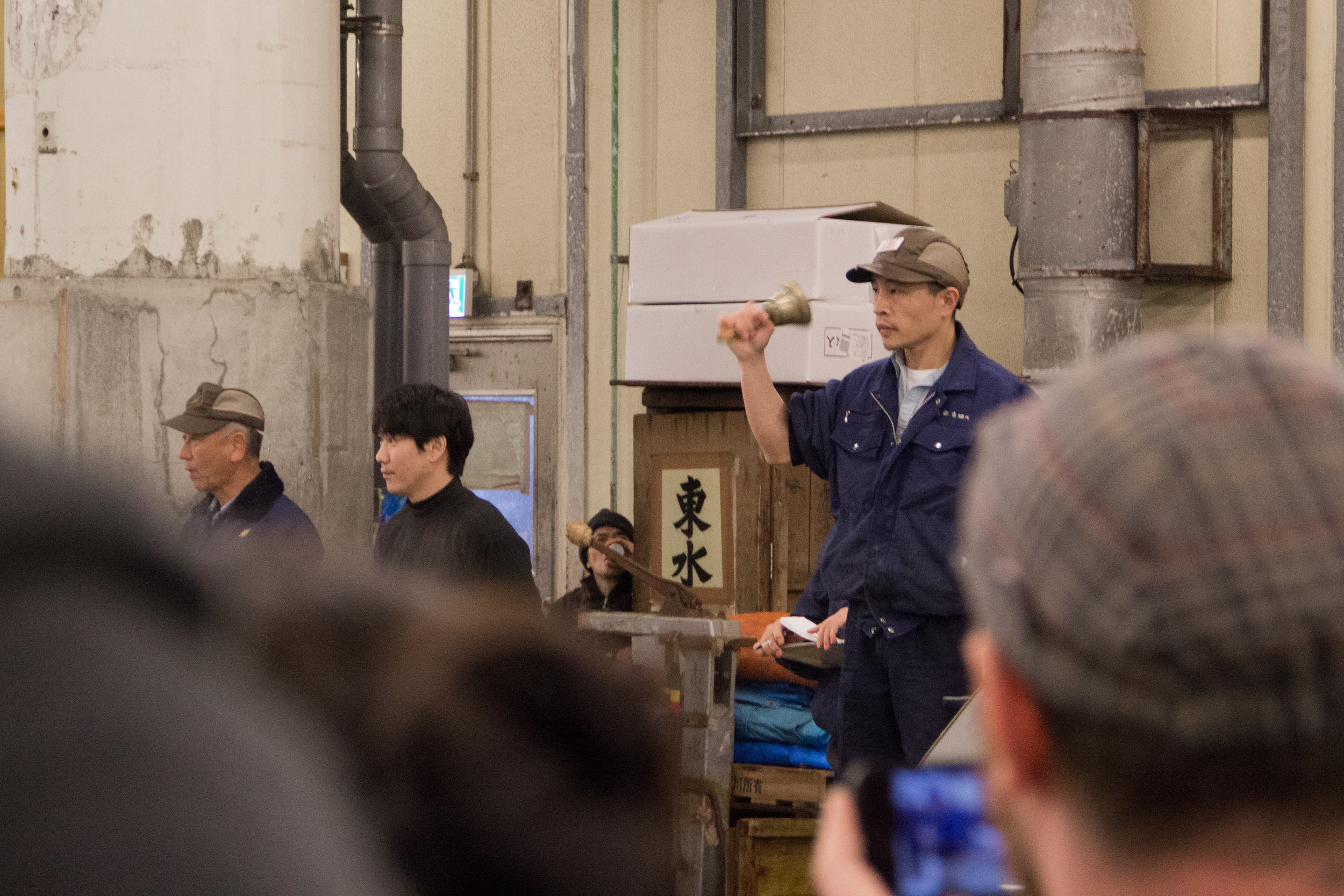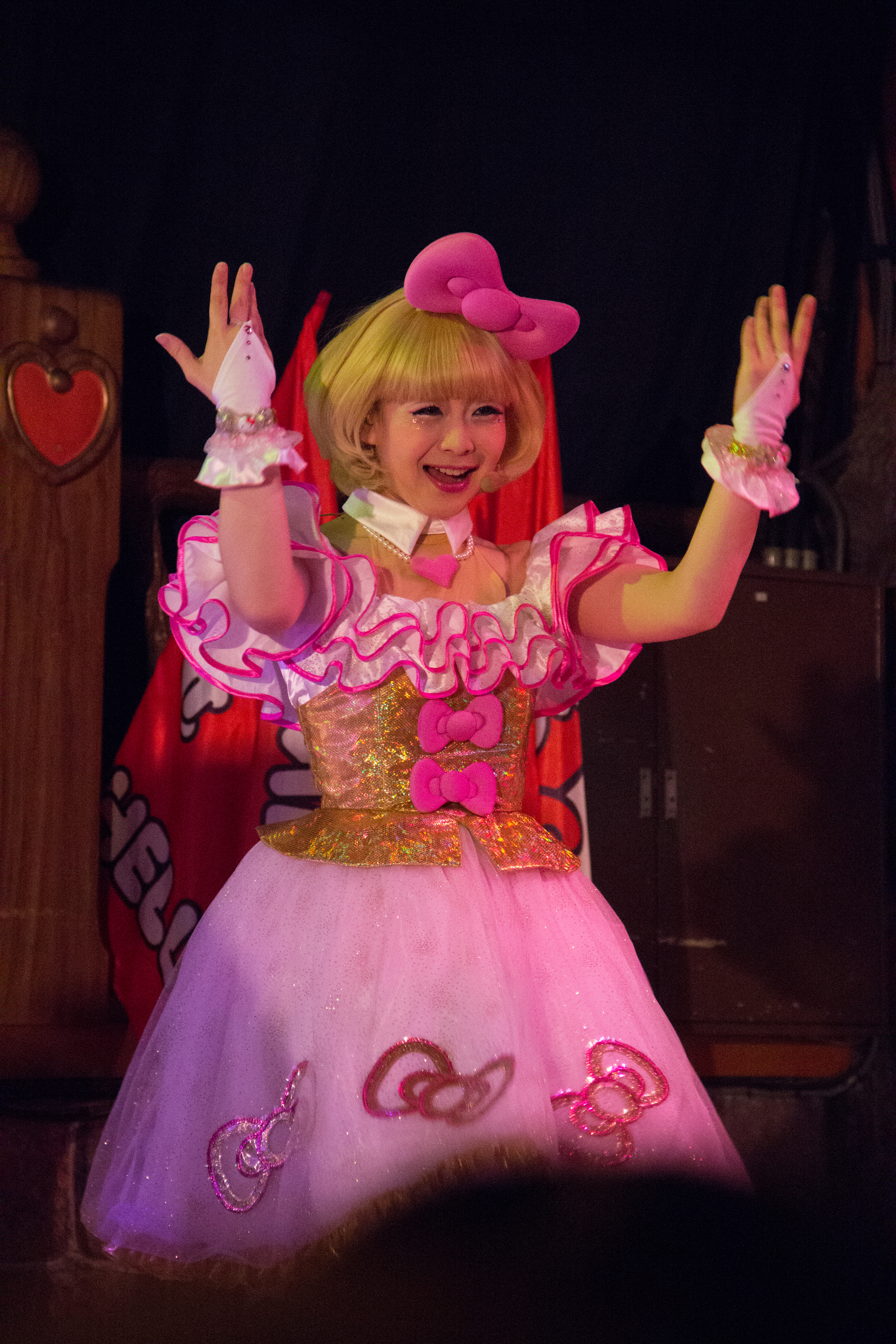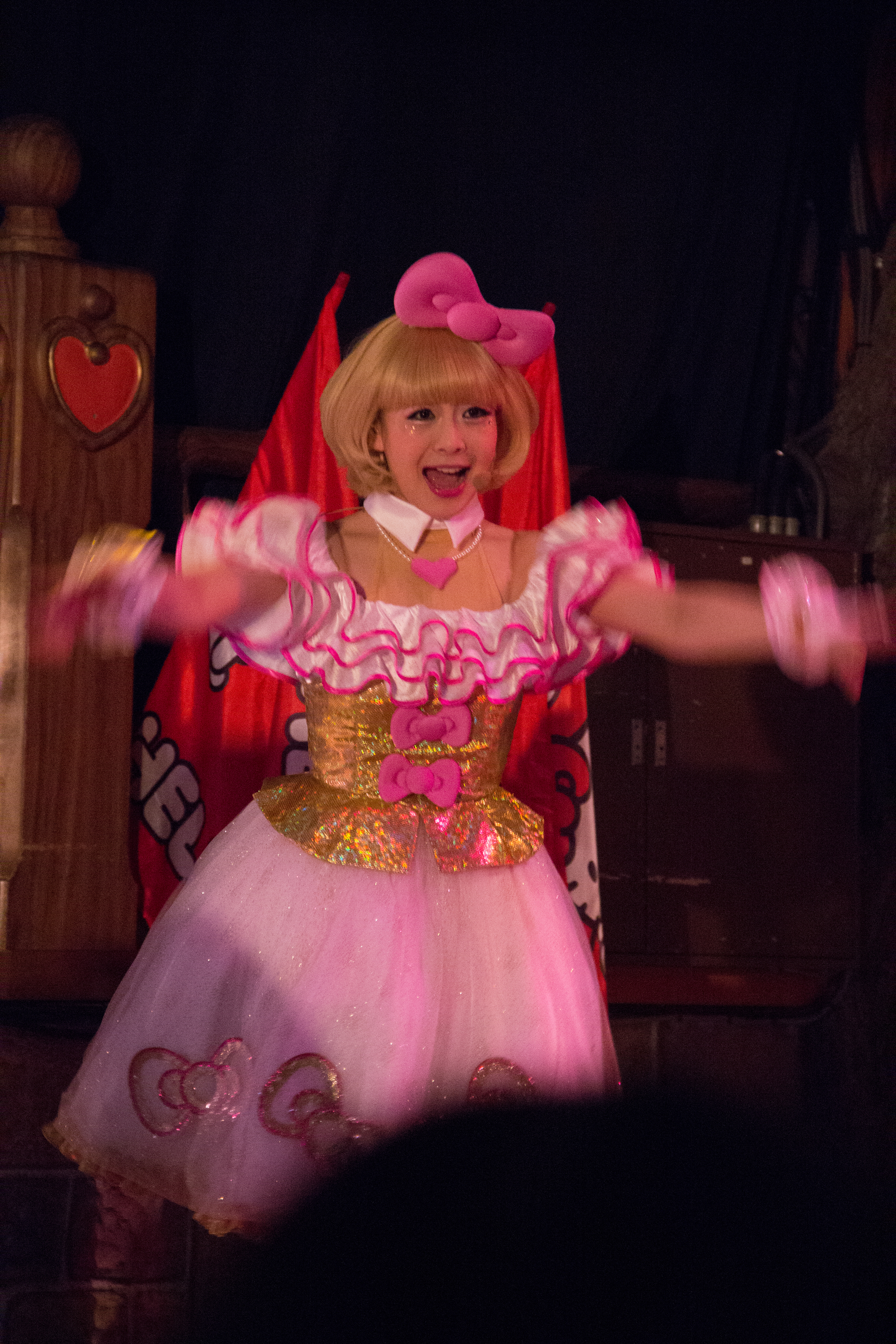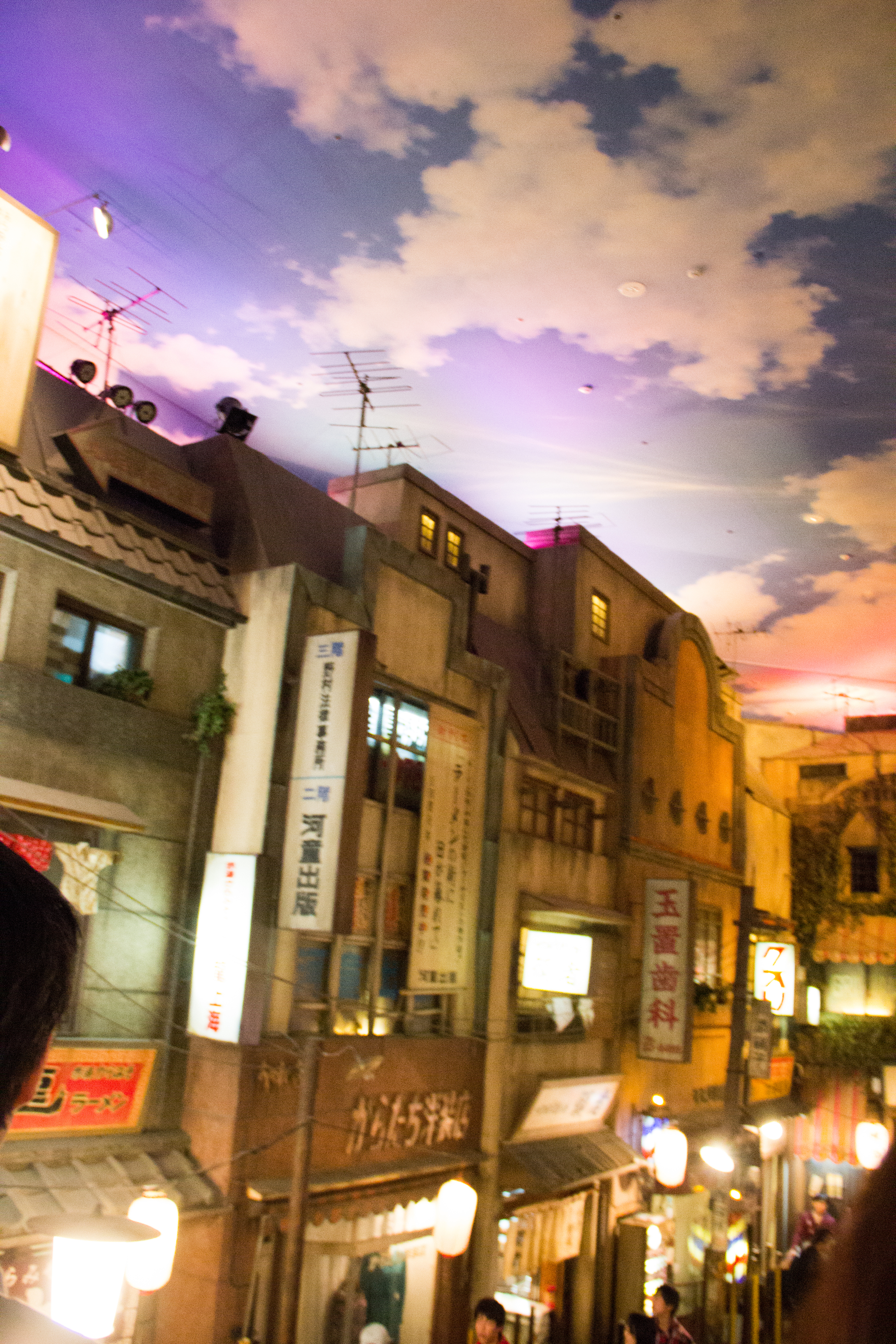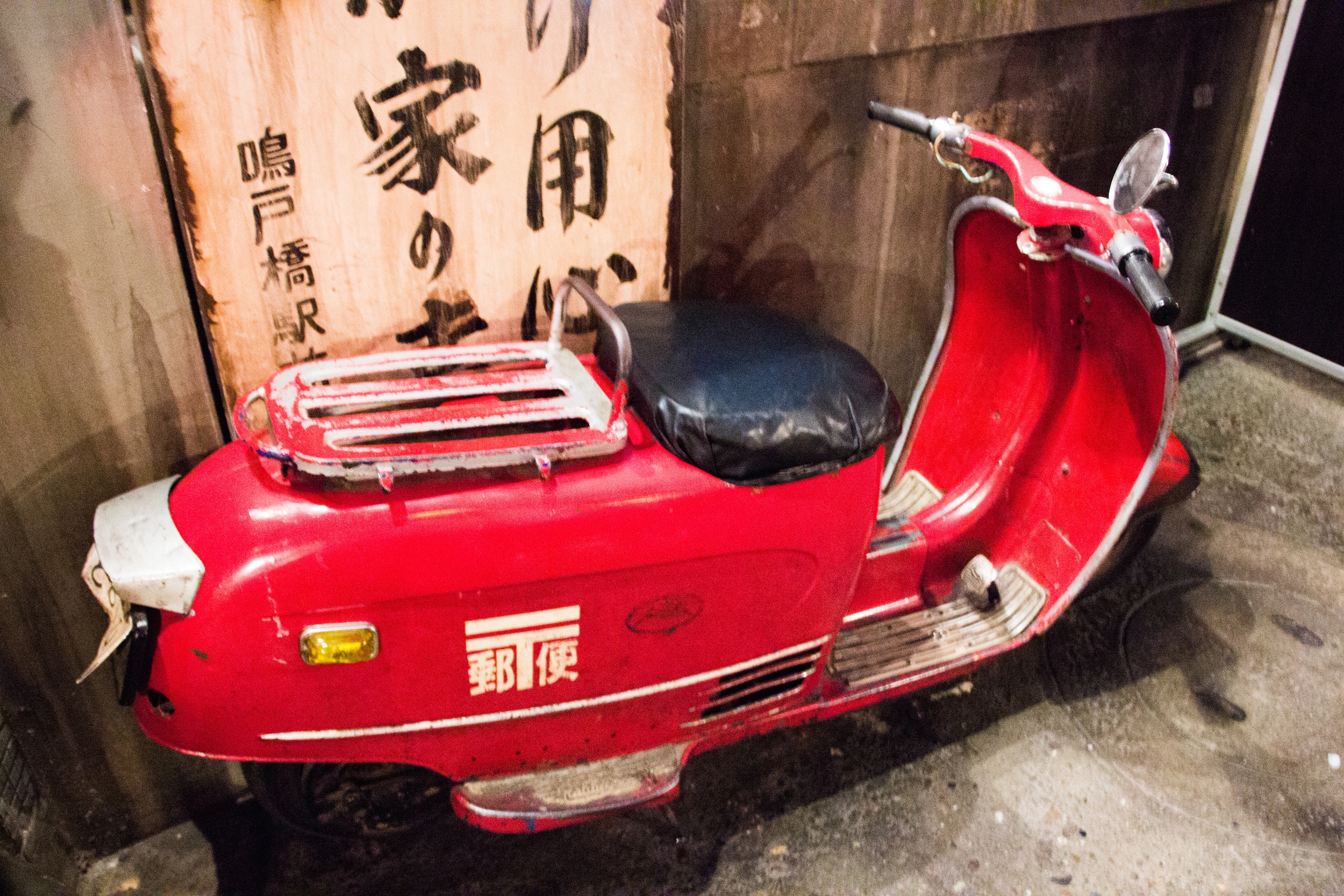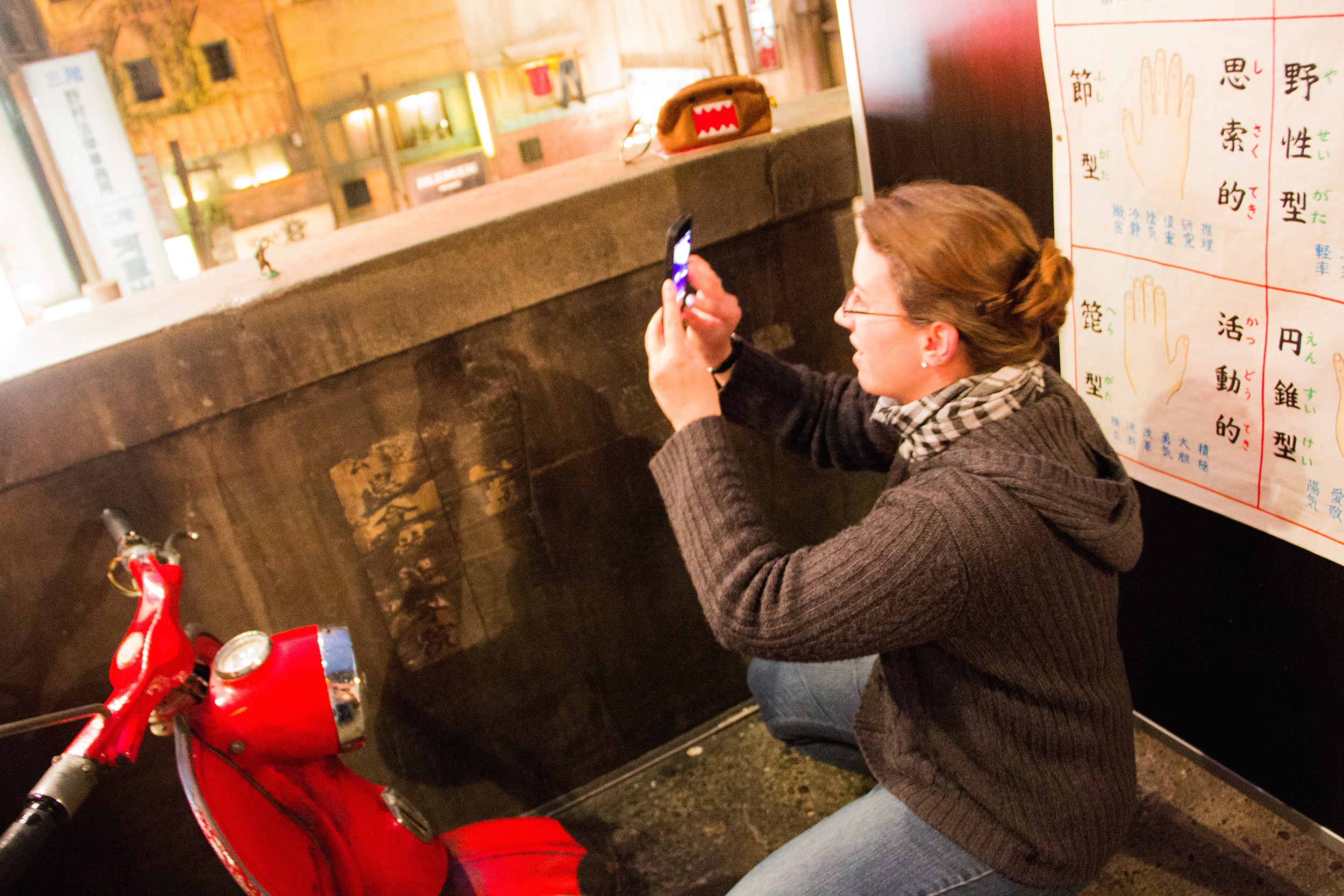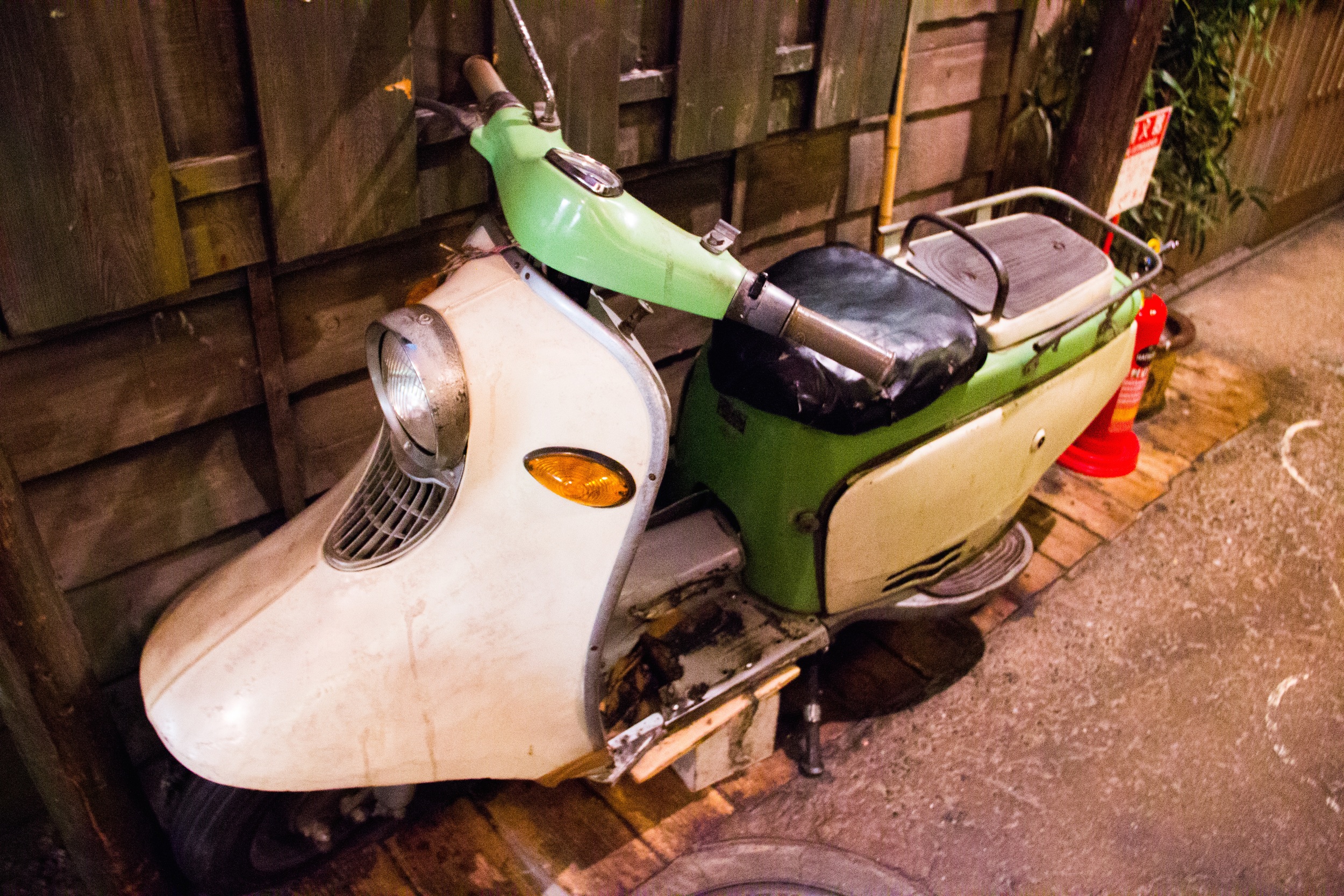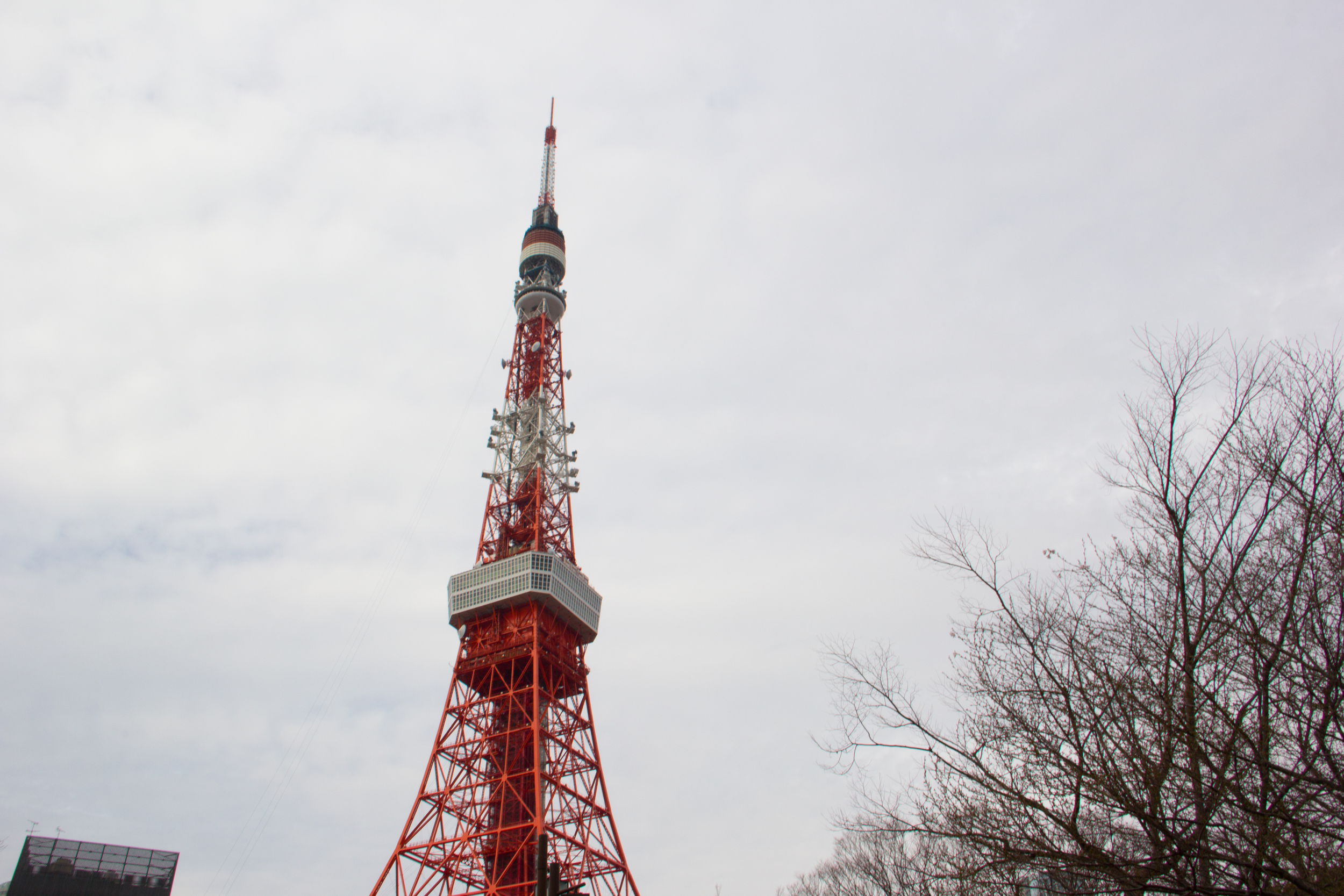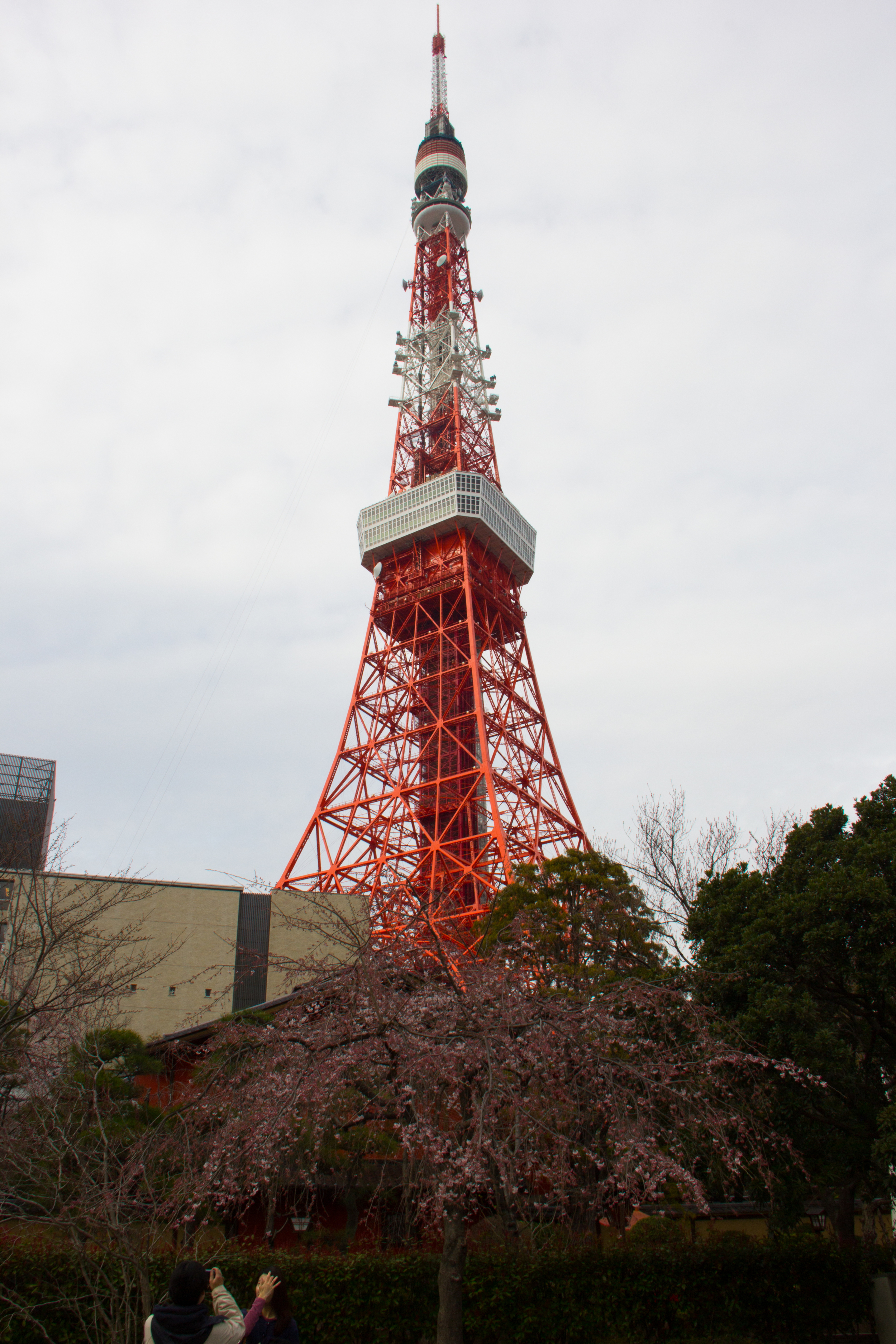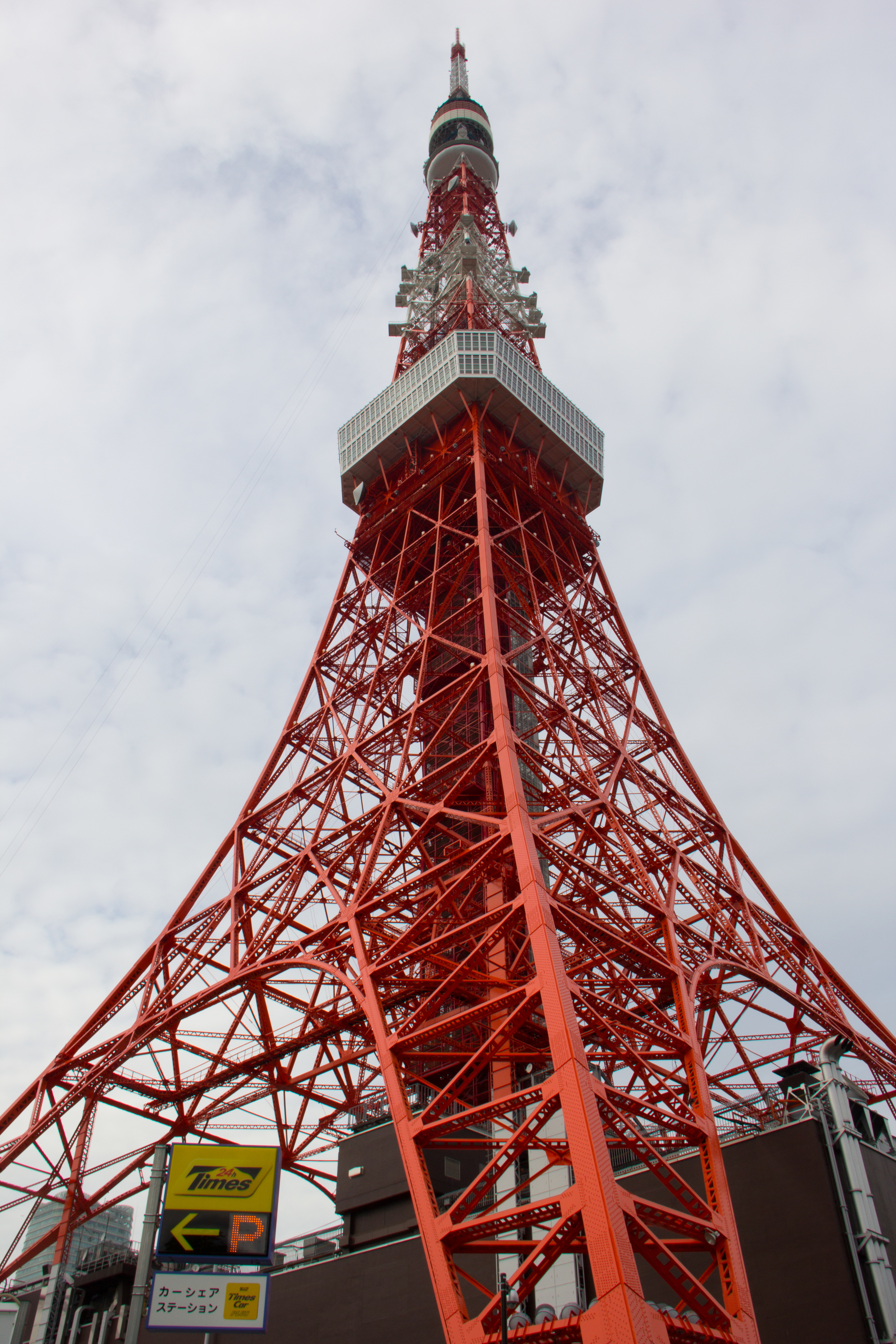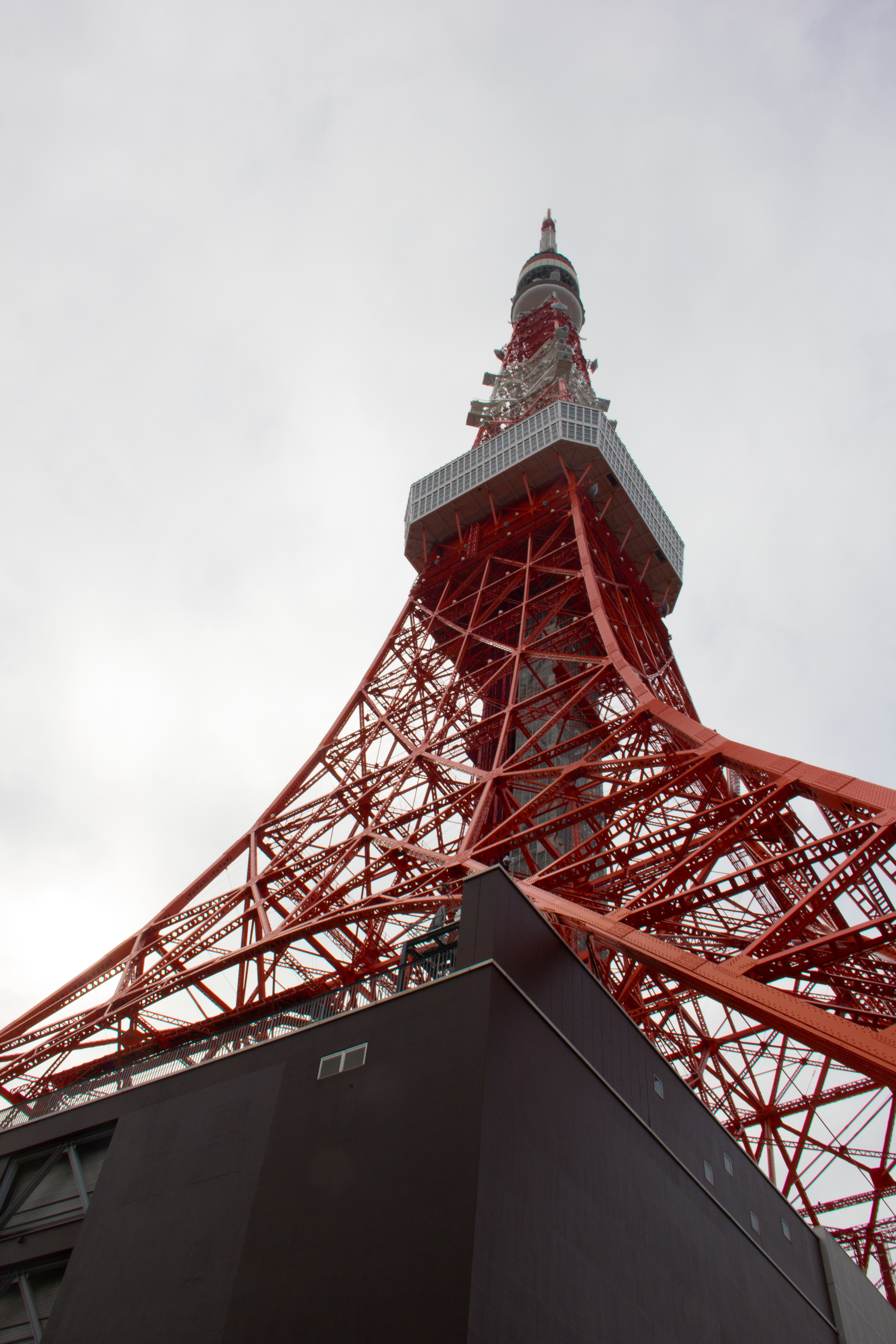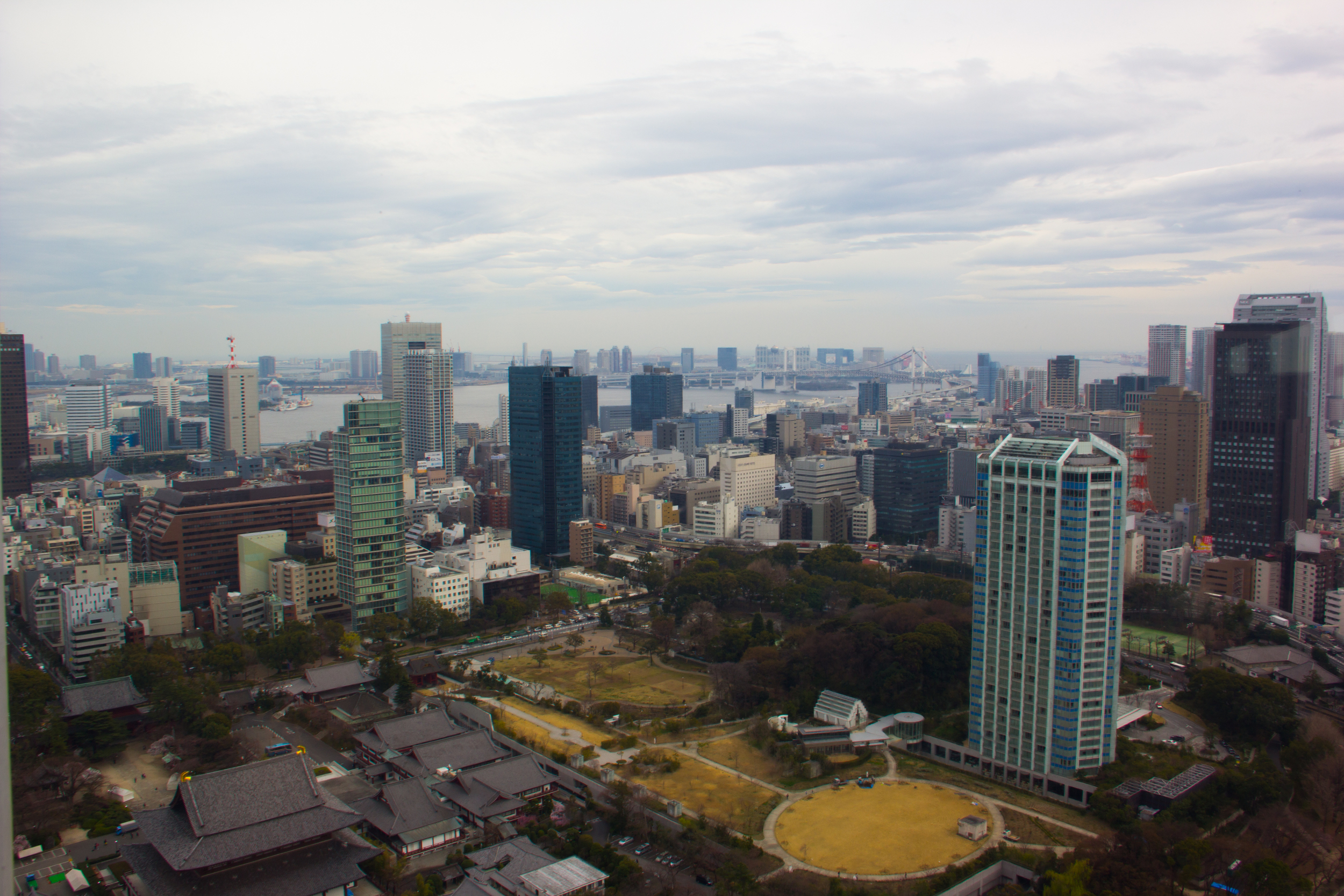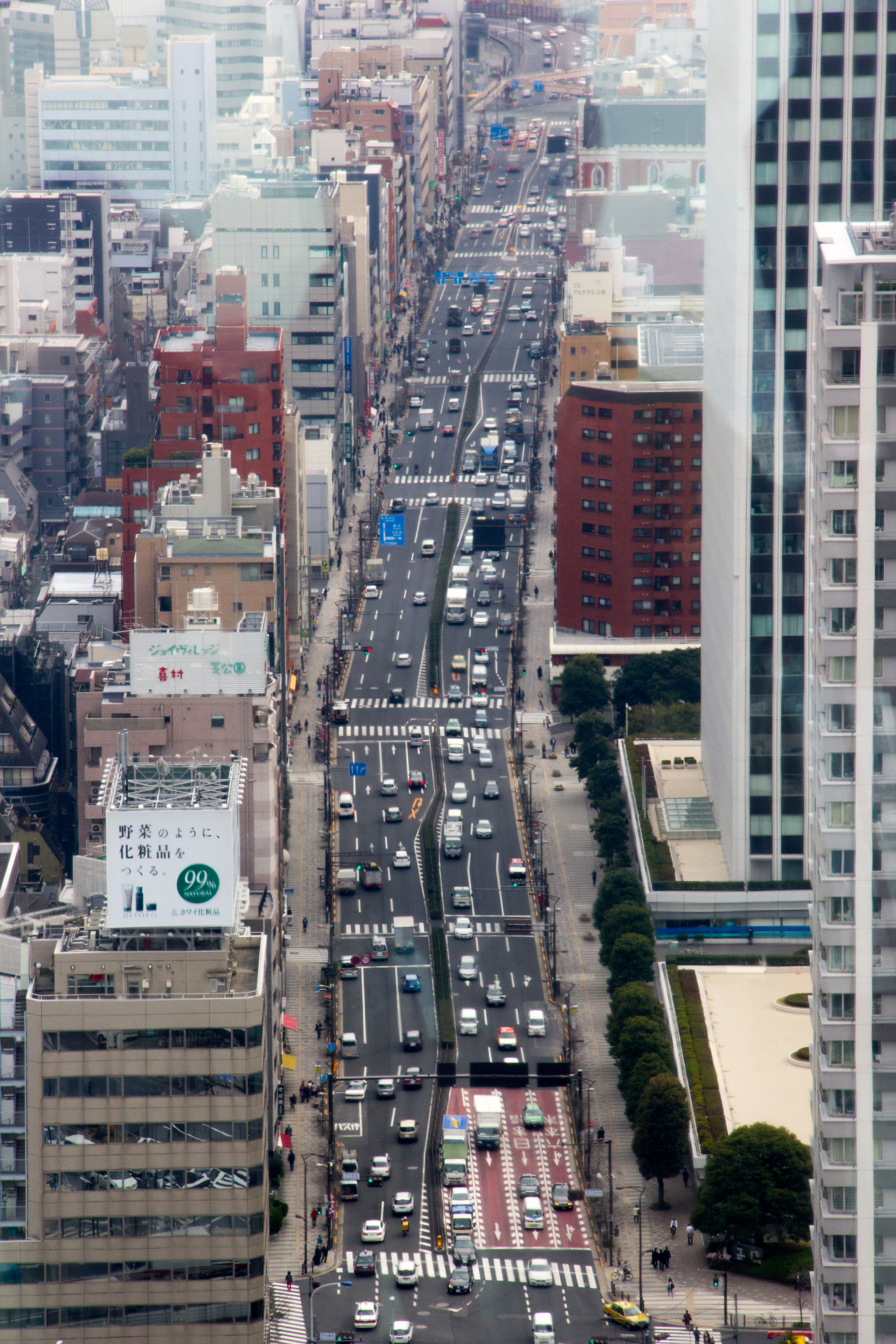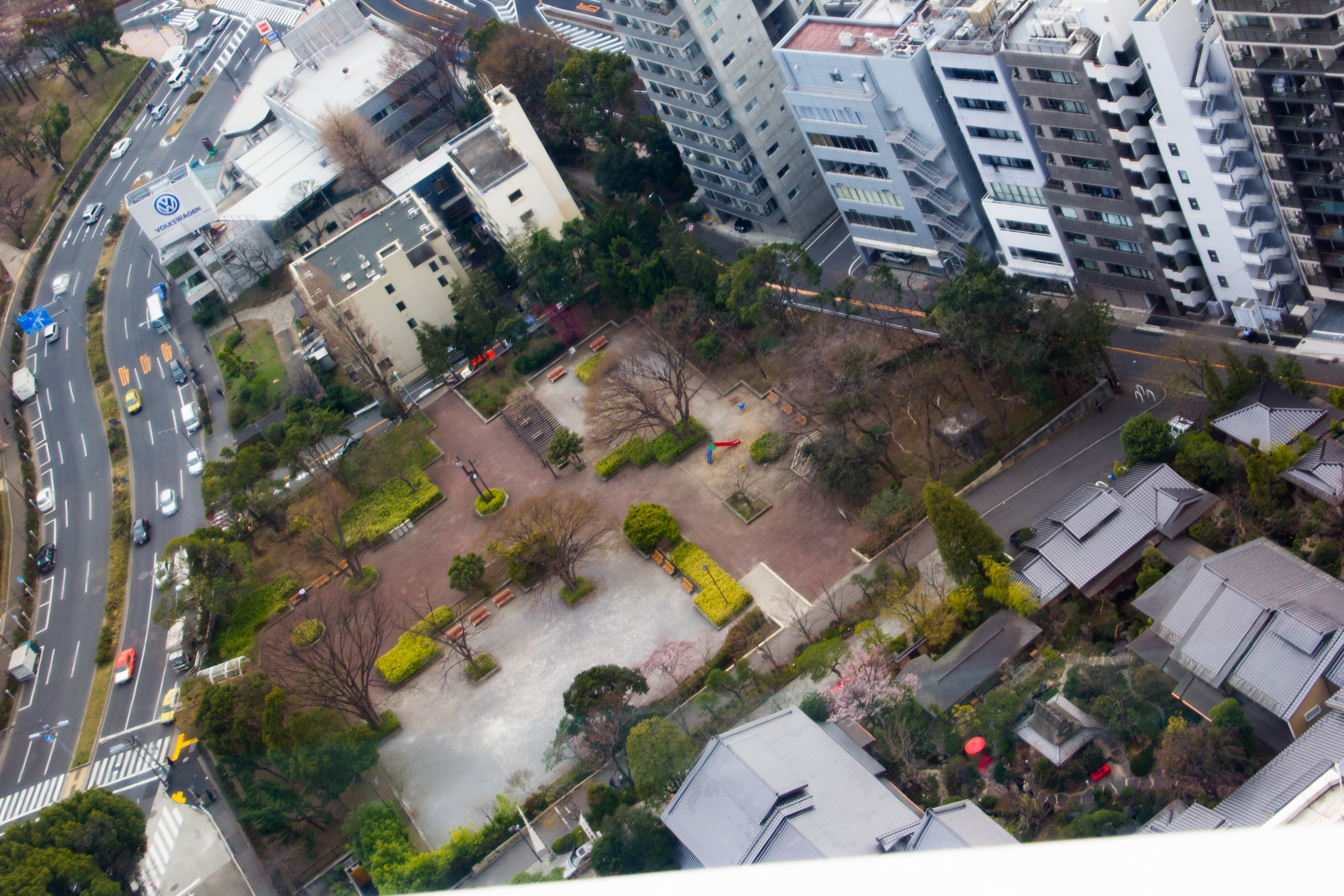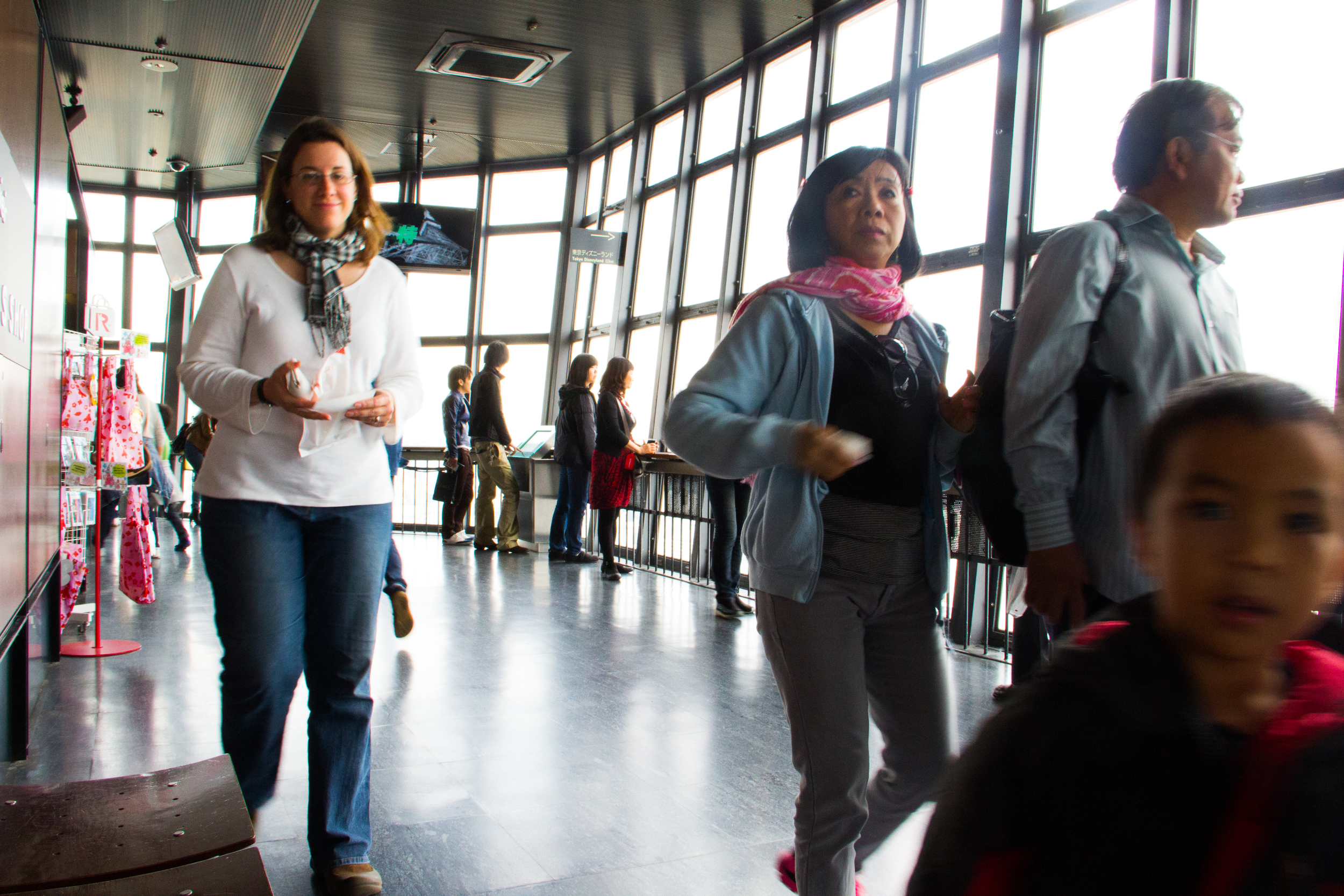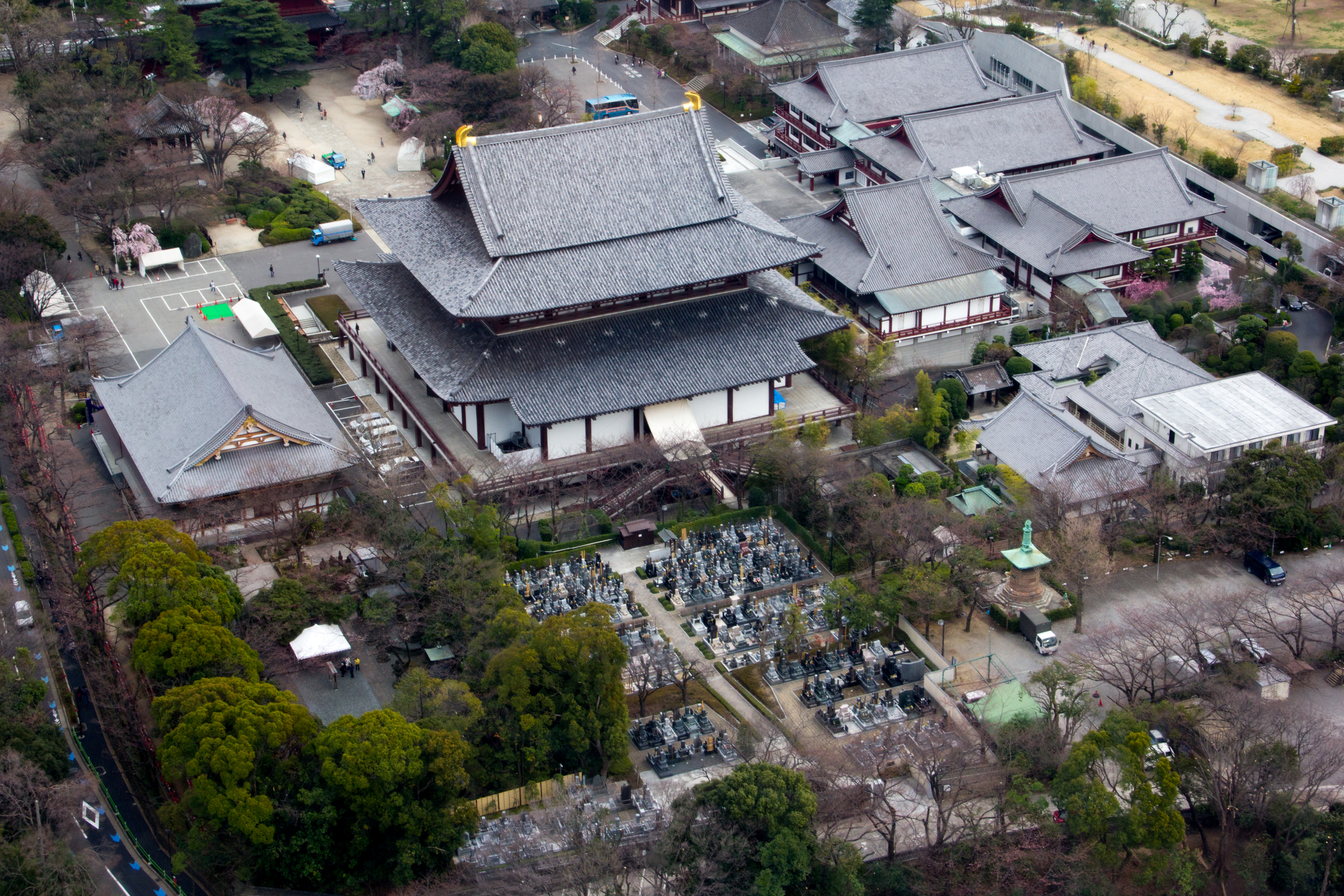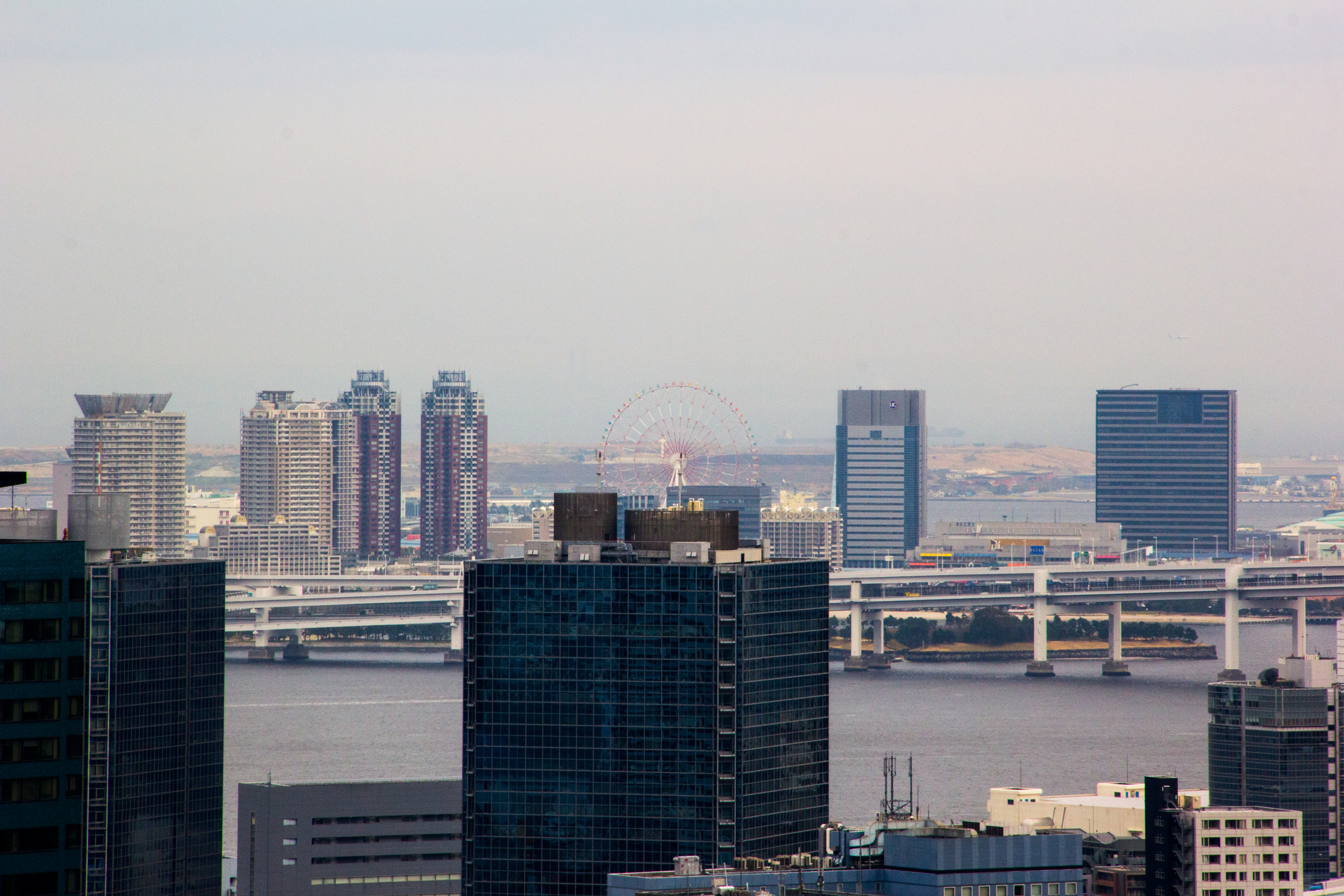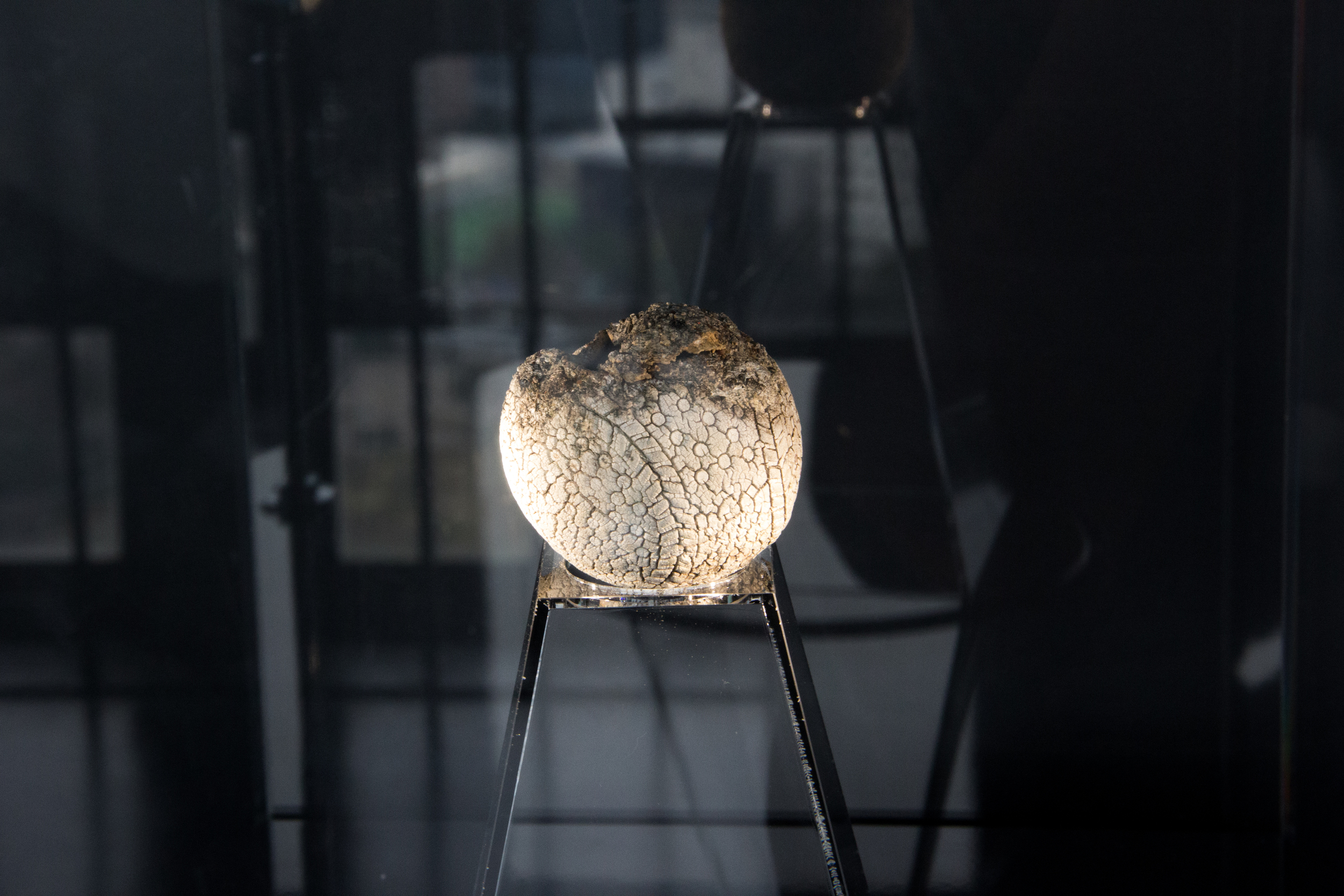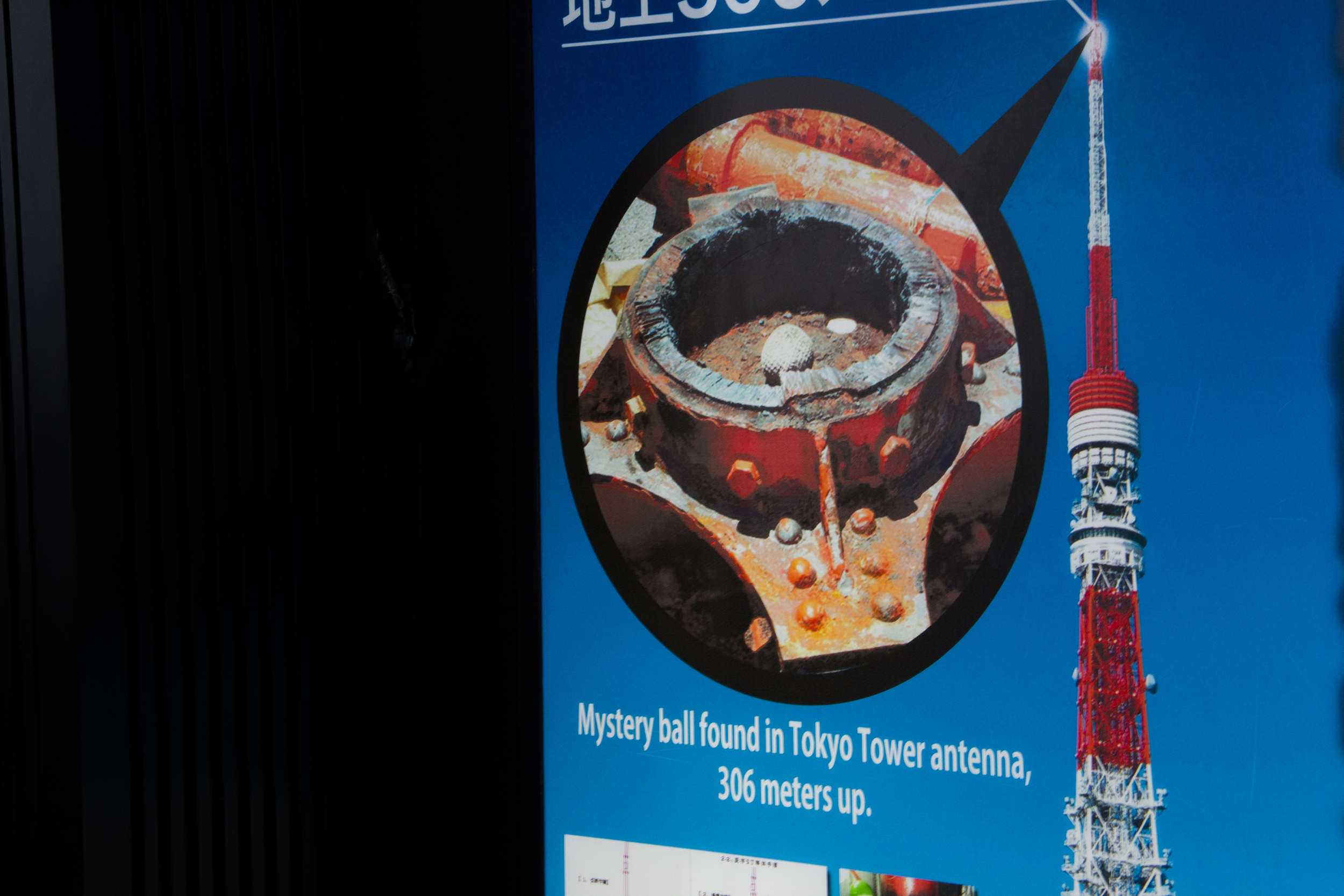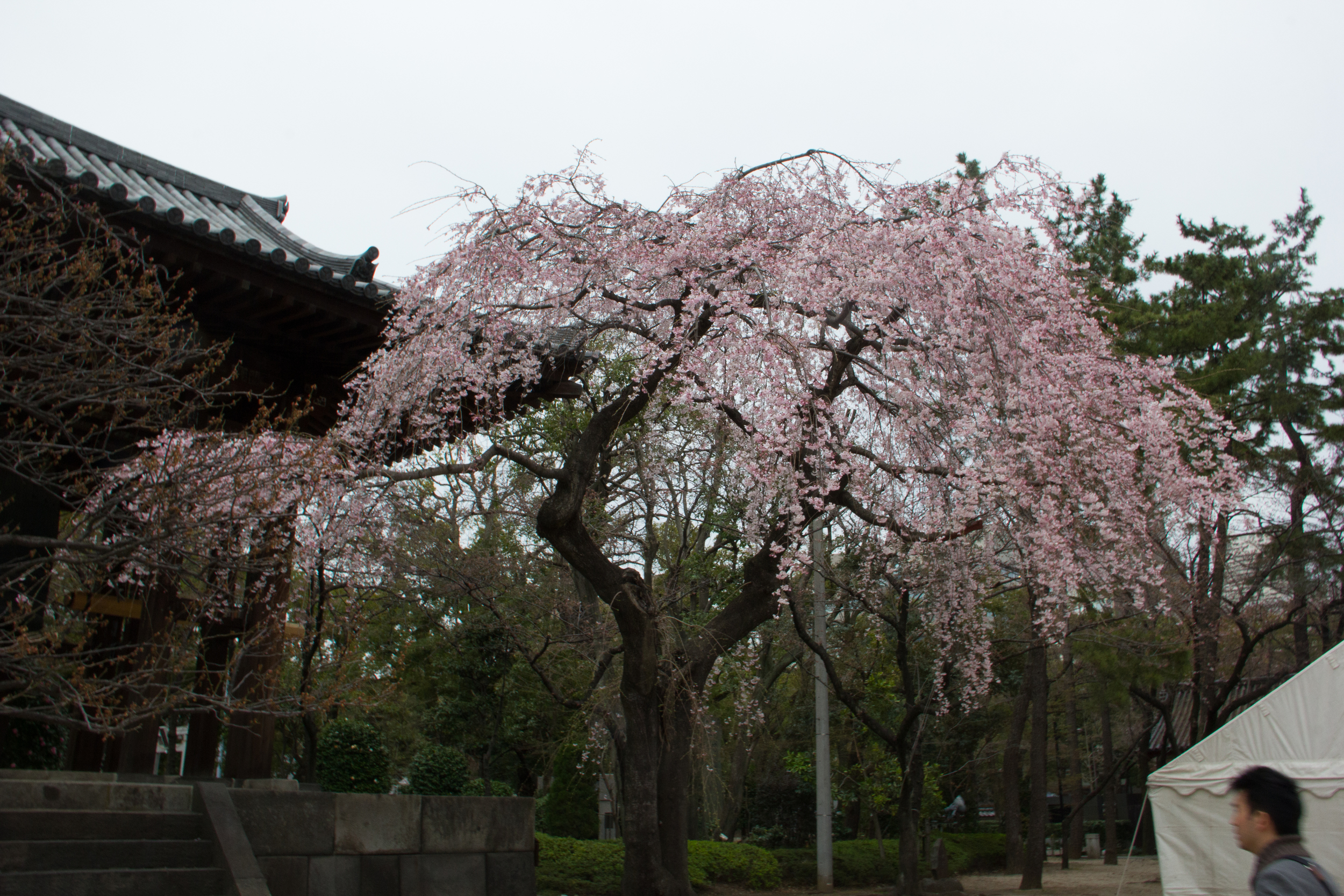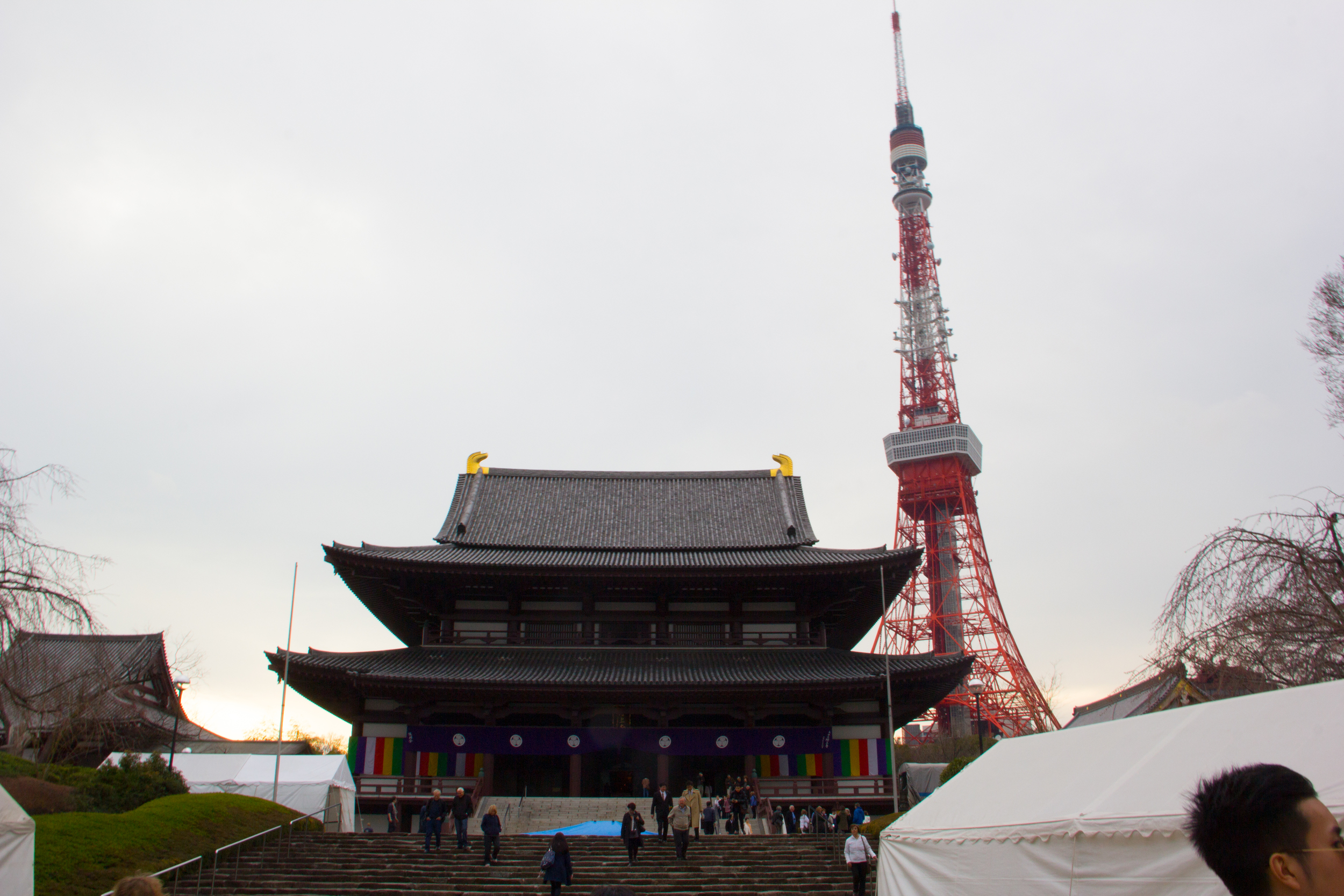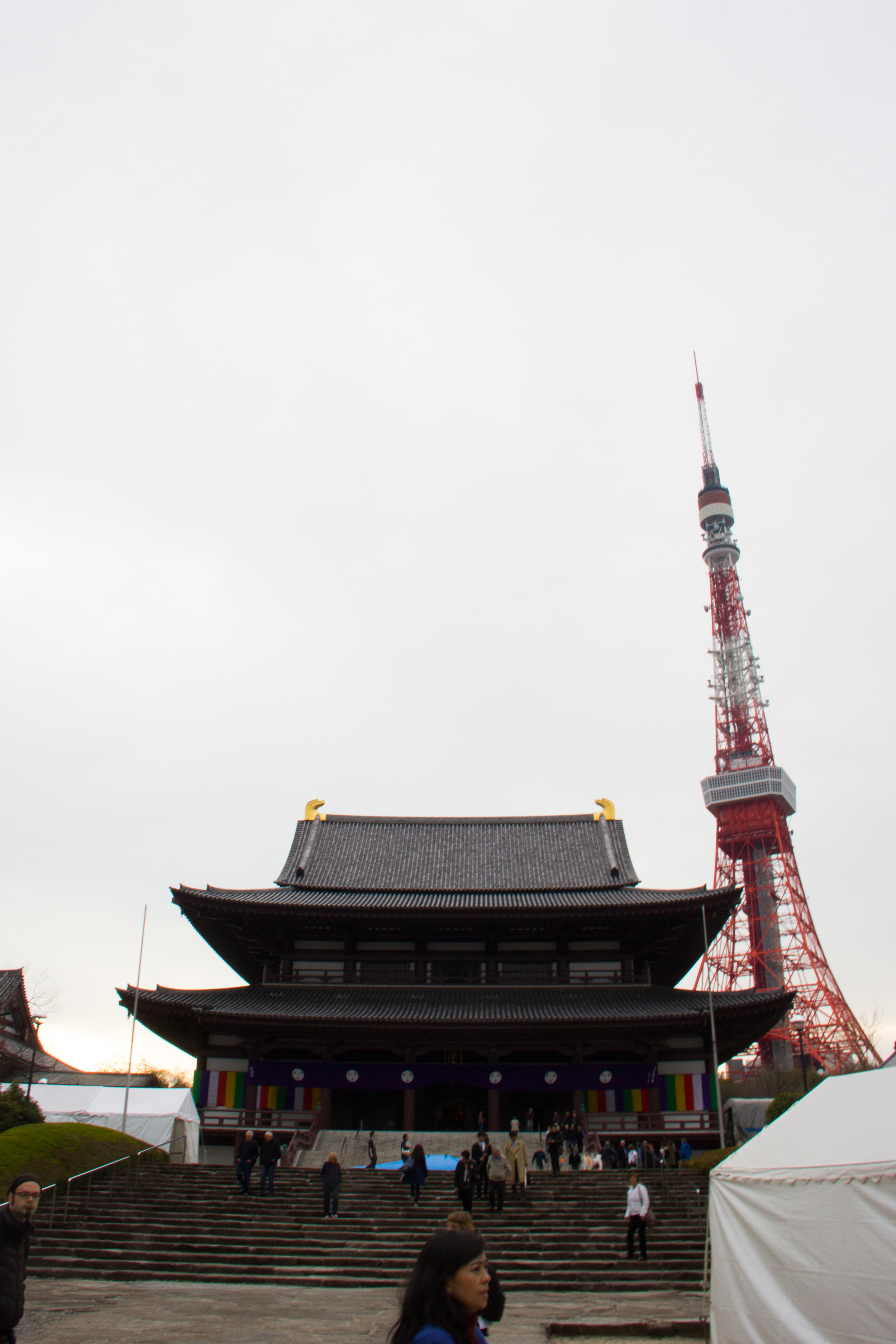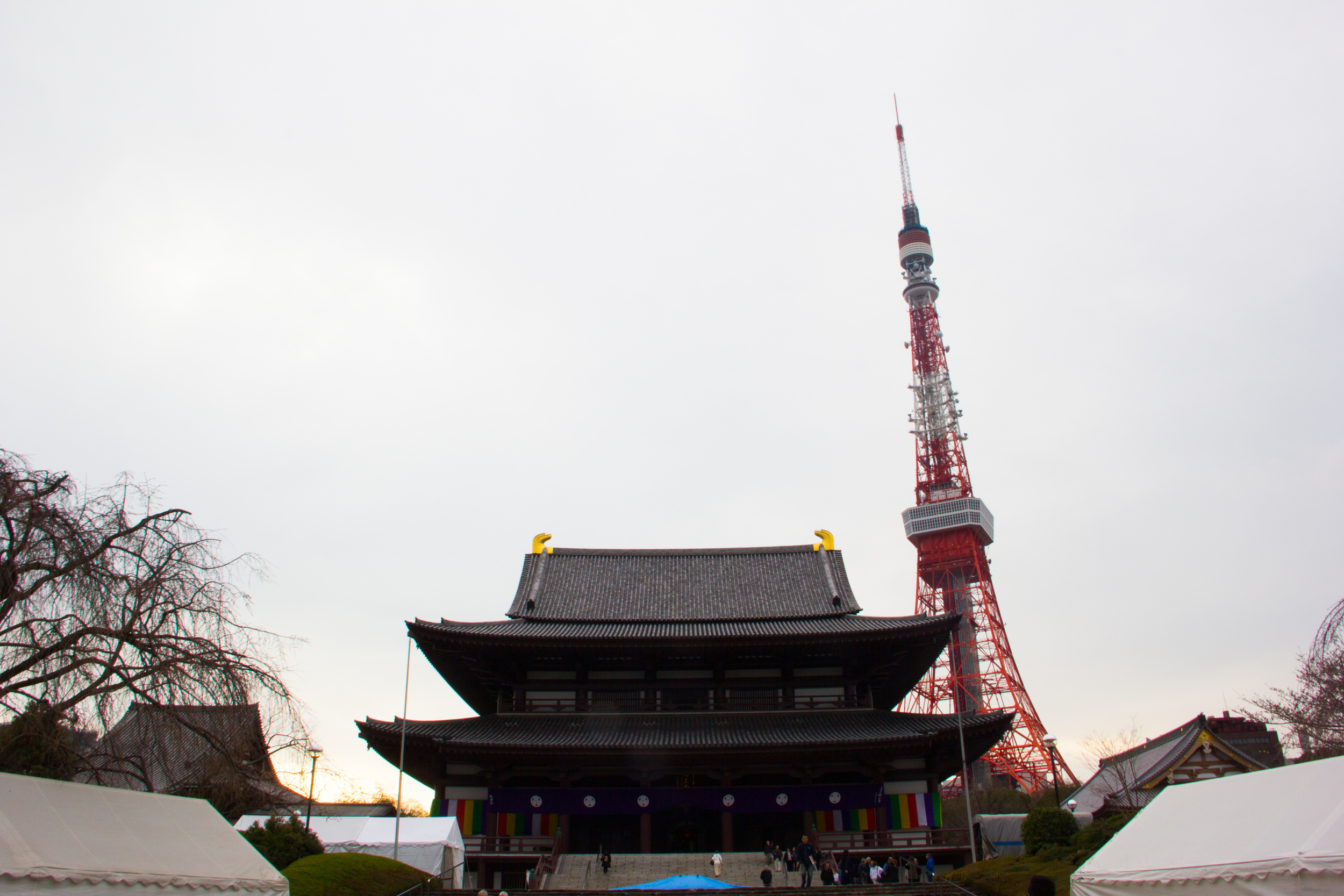After spending a year living and working in another country, you’re no expert on the culture, but you begin to see patterns and tendencies you’d never notice during a shorter stay. Foreigners bring a unique perspective that natives often miss, like when you can’t make sense of a big mural on a wall because you’re standing too close to it. In the spirit of this perspective-taking, Eric and I have compiled this list of THE BEST AND WORST OF JAPAN. Disclaimer: Not being able to speak Japanese well or read 99% of what we see has almost certainly influenced this list! We are truly NO EXPERTS! These are just some observations. Please chime in, correct us, or add your own perspective in the comments.
THE BEST: Nobody Does it Better
- Service. We have never experienced customer service this exceptional anywhere in the world. Even the gas station attendants (yes, you can still have someone pump your gas for you here!) make you feel like royalty. Employees would rather receive a compliment than a tip, so tipping doesn’t exist here. It doesn’t need to.
No more "one bad wheel!" These carts rule.
- Shopping carts. A purse hook! A slot for your umbrella! Wheels that turn 360° smoothly and easily! Shopping is no longer a chore.
- School schedule. Many people may not agree with me, but I think the Japanese school year makes way more sense than the U.S.’s. The year starts in April, and halfway through the school year, students get 5-6 weeks off for summer break. Students also get a week off for New Year’s and two weeks for spring break. When you add in all the national and prefectural holidays, you never feel like you’re in school for too long a stretch, and the one long-ish break (summer) isn’t so long that all learning and knowledge evaporates!
- Non-litigious society. Why can you pet/ride/feed tons of animals in Japanese zoos and parks? Why can children play with abandon on really fun and potentially dangerous playground equipment? Why can a CEO simply apologize publicly and bow really low on TV when a mistake is made, with no further consequences? Because Japanese people don’t rush to sue for every tiny little thing.
The Japan Rail (JR) train system has a stamp at every station! Fun to hunt for while you're rushing to your train, fun to collect in a stamp book.
- Stamp rallies (child-friendly atmosphere). Japan does an amazing job of making museums, historical locations, and other attractions just as child-friendly and engaging for kids as theme parks and festivals. At nearly every tourist location, you will find a commemorative stamp (which I have LOVED collecting!!), and at larger places, they have stamp rallies and keyword rallies. Children (and me, of course) can pick up a map at the entrance and proceed through the attraction, collecting stamps or keywords along the way. Then when they leave, they can present their completed map for a small prize. They may not even realize how much they’re learning!
- Milk tea (and vending machines access). I’ll just say it: Milk tea is the greatest drink in all the Earth. And if you want this delicious drink or any other, including tea (cold or hot), coffee (cold or hot), soda, or juice, you will never have to go far. Japan is chock-full of vending machines. They’re everywhere. Thirsty people will never want for a drink here. We’ve also seen more creative vending machines here, including one selling umbrellas during rainy season! Genius.
- Cash society*. Most Japanese people use cash for almost everything. (Credit cards do exist, but they function more like debit cards.) Purchasing what you can’t afford now isn’t a national epidemic here.
You wash up first (stalls on the right), then you relax your worries away!
- Public baths. Most Americans are horrified at the thought of public nudity. Well, get over it, because these baths are so deliciously relaxing that they’re addictive! You never feel so clean or so calm as you do after one of these baths. (And of course the sexes are separated. What kind of country do you think they're running over here?!)
- The culture of cute. In another controversial move, I hereby publicly state that I love most aspects of Japan’s “cute culture.” (Eric may not be so enthusiastic.) I love how there’s an adorable mascot/character for every company, town, attraction, and government agency. (Oddly, though, no school mascots!) I also love how people of all ages and both genders can rock their Hello Kitty and Mickey Mouse gear, use cell phone charms, and use cutesy things right out there in public.
- Combinis (convenience stores). More than mere havens for salty, processed junk food and Slurpees, combinis here fill your need for sustenance AND provide actual convenience. You can pay your bills, buy tickets to concerts and other events/attractions, scan documents, print and copy things… We hardly ever go a day without a visit to either Lawson or Family Mart.
- Obeying the "social contract." Most of us have heard that Japanese people are polite. (Hear that, my Japanese junior high students??) I think courtesy here goes beyond mere politeness. People know to stand aside from the doors when a subway car or elevator arrives. You almost never hear booming bass when you’re out driving. Even children are excellent at turn-taking during games and don’t flip out because they didn’t get their favorite color whatnot.
- Great children’s programming. When you only understand about every tenth word of most TV shows, you tend to gravitate toward children’s programming (where we maybe can grasp one in five words!). We have found kids’ shows here to be colorful, fun, and engaging, but we also like that they give kids credit for more than a three-minute attention span. (And kids here actually do seem to have longer attention spans and to appreciate shows without constant action and flashing images.)
THE WORST: What’s the Matter Here?
Cheap, low-quality junk!!!
- Napkins. How can napkins be at the top of my list of the worst of Japan? Because pretty much every restaurant provides the cheapest, least absorbent, cruddiest napkins you could ever find. You have to use about 15 per meal if you’re a messy eater like me. On the plus side, however, restaurants almost always supply you with wet wipes or occasionally even hot towels when you arrive. But during your meal, you’re stuck with the nasty napkins.
- Work ethic. I don’t mean to say the Japanese have a poor work ethic; I actually mean just the opposite. I believe you’d be hard pressed to find a group of people anywhere in the world who works harder. While this would seem to be a positive, it has created what I believe to be a very unhealthy work culture. (My examples will be from the world of education, but from what I’ve heard these situations occur throughout nearly all work sectors.) Teachers here put in 11- and 12-hour days routinely. If they coach a team or run a club, those hours are even longer and stretch into the weekends. Sleeping at your desk in the teacher's room is considered totally acceptable. There are no substitute teachers, so co-workers must fill in any gaps when someone is sick or has an emergency; teachers come in sick all the time to keep their co-workers from having to pick up their slack. Even sick time isn’t really sick time like we have it in the U.S. If you are sick and just need a day or two to recover from a cold or mild illness, you have to take vacation time. The only time you can use your actual sick leave is when you’re hospitalized or have a doctor’s note saying you have the flu. Teachers also don’t automatically get time off when the kids are off; they have vacation time they can use as desired throughout the year. Many teachers spend prime summer and winter vacation time stuck in the teachers’ room. American teachers work VERY hard, but in general I believe we maintain far better life balance and prioritize the family far more successfully than the Japanese.
The teachers' shoe cubbies at the junior high
- Shoe etiquette. A bit pet peeve of mine here has revolved around shoes. I can understand people removing their shoes to go into someone’s home, but it goes way, way beyond that here. Certain businesses (our apartment company, for example) require you to remove your shoes. At school, you must remove street shoes upon entry and put on your “inside school shoes.” But that’s not all! When you enter certain classrooms or the gym, you have to remove even those inside shoes and enter in your stocking feet!! And I have back and foot pain, so I really can’t go barefoot or in my stocking feet without great pain; I have been surprised many times at places where it never occurred to me to bring my “inside shoes,” and then had to suffer through the event or meeting. Too far, Japan!! Too far!!
- *Cash society. Wait, didn’t you see this up on the “best of” list? Yes, you did, but this element of Japanese culture is a bit of a double-edged sword. Most people buy almost everything they need in person, at an actual retail shop. Amazon.com does exist here, and I’m sure online shopping will grow in popularity eventually, but for now that wonderfully convenient aspect of our lives in the States is generally out of reach. Plus, you have to lug around a LOT of change here! The smallest bill is 1000 yen (about $10), so you end up with 500-yen ($5) coins and 100-yen ($1) coins up the ying-yang.
- Fear of technology. Piggy-backing off the previous item on the list, the lack of popularity of online shopping is a symptom of a much larger issue. Contrary to what most of us might assume, most people in Japan aren’t super tech-savvy. After working in a very tech-forward school district in the U.S., in my school district here I feel like I’ve stepped backward 15 years. Quite a few students don’t even have computers at home. And have you noticed that I haven’t posted a single picture of my students here on the blog or my Okinawa photostream? This is because of a generalized fear of the Internet that pervades school life and even adult life here in Japan.
- Fruit prices. Watermelons are about $15, apples are almost $2 apiece, and don’t even get me started on exotic fruits like blueberries, strawberries, and raspberries. From what we understand, this is true not only in Okinawa but on mainland Japan as well. (Please correct us if this isn’t true!)
- “Weird” rules. In Japan, what you see on the surface is merely the tip of the iceberg of what’s going on in their society. There are whole reams of often-unspoken rules that govern most aspects of life. We’ve run into a few and have been surprised by how inflexible these rules seem to be! For example, many restaurants simply won’t allow you to carry out unfinished food. Customized food orders or changes are frowned upon. It’s not remotely rude to ask someone their age, because age and seniority dictate how you will act toward basically everyone. One year isn’t enough to go deep on these hidden rules, but we’ve noticed a few. Share more in the comments if you can think of other examples!
- Racism/attitude toward foreigners. An in-depth discussion of this issue is outside the scope of this blog, but we think it’s important to mention. Japan is a very homogeneous society. Even here in Okinawa, where the American military has had a significant presence for many years and foreigners are more commonplace, people of different races still often receive stares and thoughtless comments. Many of our fellow JETs speak excellent Japanese, but people still assume they need translation or can’t understand, even after they’ve proven otherwise. We have heard news reports of anti-Korean signs and demonstrations on mainland Japan as well, so it’s not just an “American thing.” There’s no country in the world that doesn’t have room for improvement in race and culture relations, so we don’t mean that Japan is worse than the U.S. or any other country in this regard. Diversity is just not a way of life here yet.
